Dive deeper into the topic we just explored with more practical tools and insightful resources. Delivered straight to your inbox every week.

Dive deeper into the topic we just explored with more practical tools and insightful resources. Delivered straight to your inbox every week.

Hey everyone! Want to be rich? Mark Tilbury, a money master, picked 40 best money making books that can help you get there.
We’ll explore these books together, learning how to change your thinking, build good habits, and make smart money moves.
Ready to ditch the money struggles and chase your dreams? Let’s go!

Level One: From Zero to $100,000
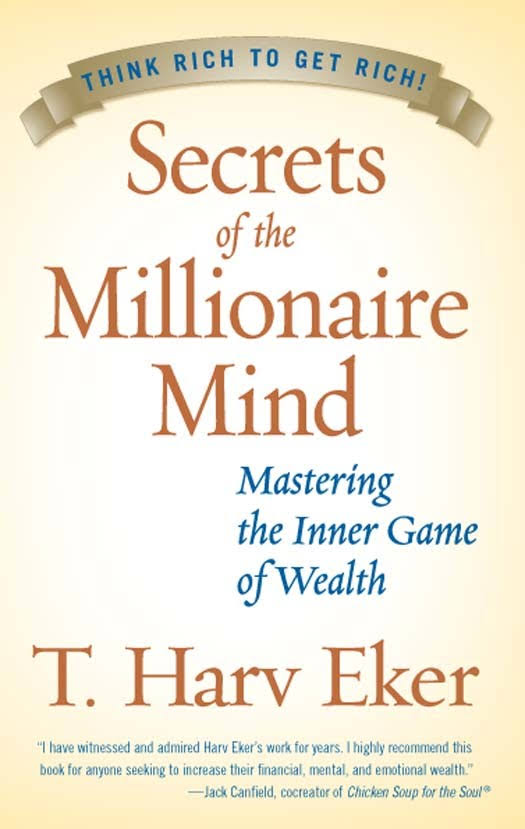
In “Secrets of the Millionaire Mind,” T. Harv Eker explores the psychological aspects of wealth creation.
Mark Tilbury emphasizes the book’s insights into how certain phrases and beliefs about money can shape our mindset.
Harv Eker challenges the notion that “money is the root of all evil” and delves into the impact of childhood programming on our financial success.
The book serves as a guide to overcoming negative perceptions about wealth and unlocking a mindset conducive to financial abundance.
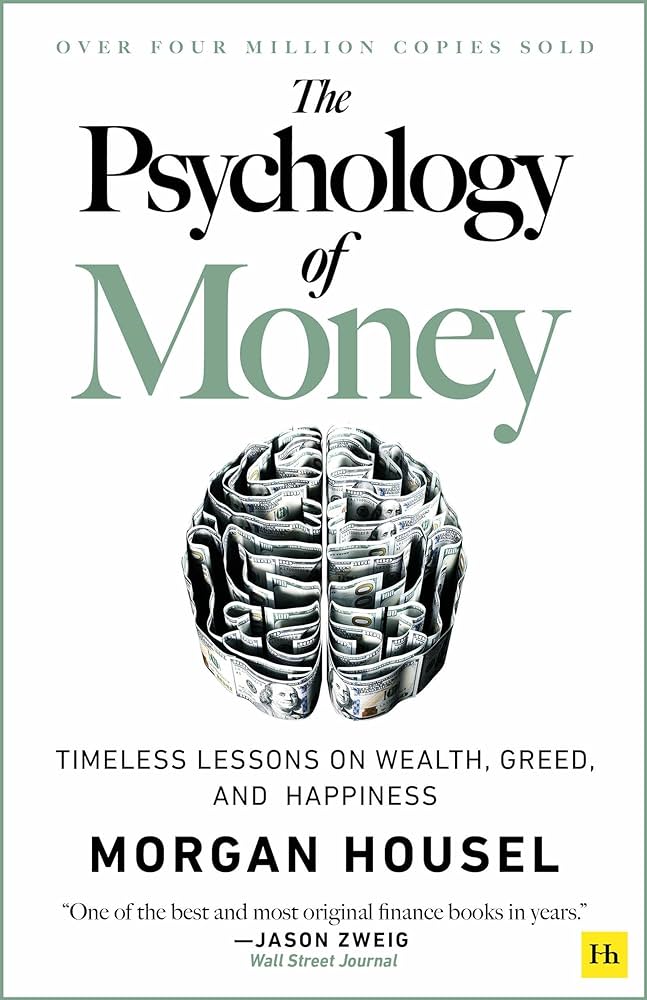
Mark Tilbury emphasizes “The Psychology of Money” by Morgan Housel as a valuable resource for understanding the intricate relationship between human behavior and financial decisions.
Morgan Housel explores the psychological biases, emotional influences, and behavioral patterns that shape our financial choices.
The book provides insights into why some people succeed financially while others struggle, offering a unique perspective on the true meaning of wealth and how individuals can navigate the complexities of financial decision-making.
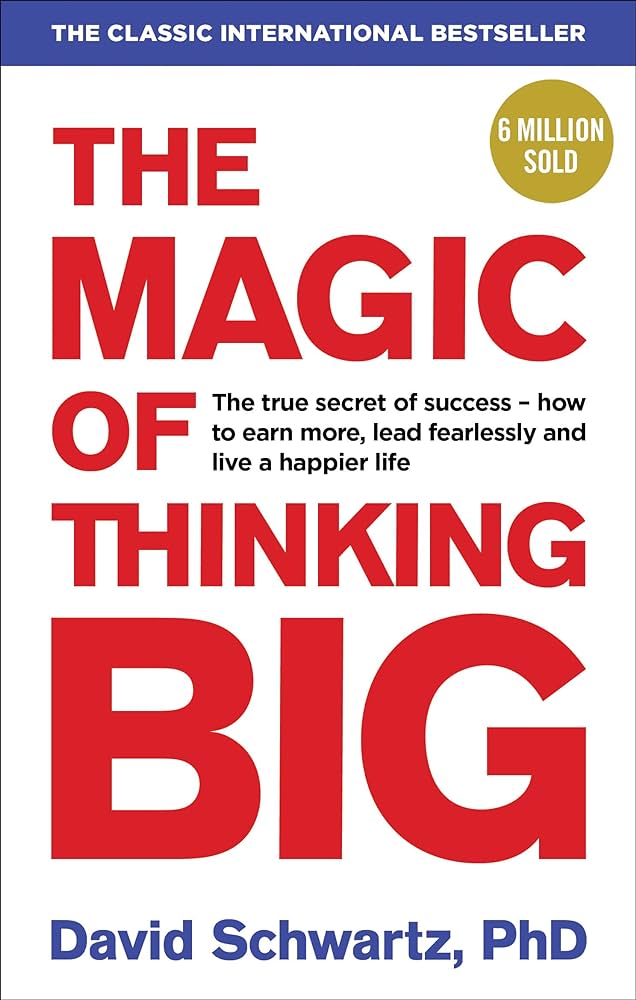
Mark Tilbury emphasizes the transformative power of “The Magic of Thinking Big” in shaping one’s mindset for success.
David J. Schwartz’s classic explores the impact of positive thinking and the correlation between mindset and achievement.
The book encourages readers to expand their goals, overcome self-imposed limitations, and embrace a mindset that fosters success on both personal and professional fronts.
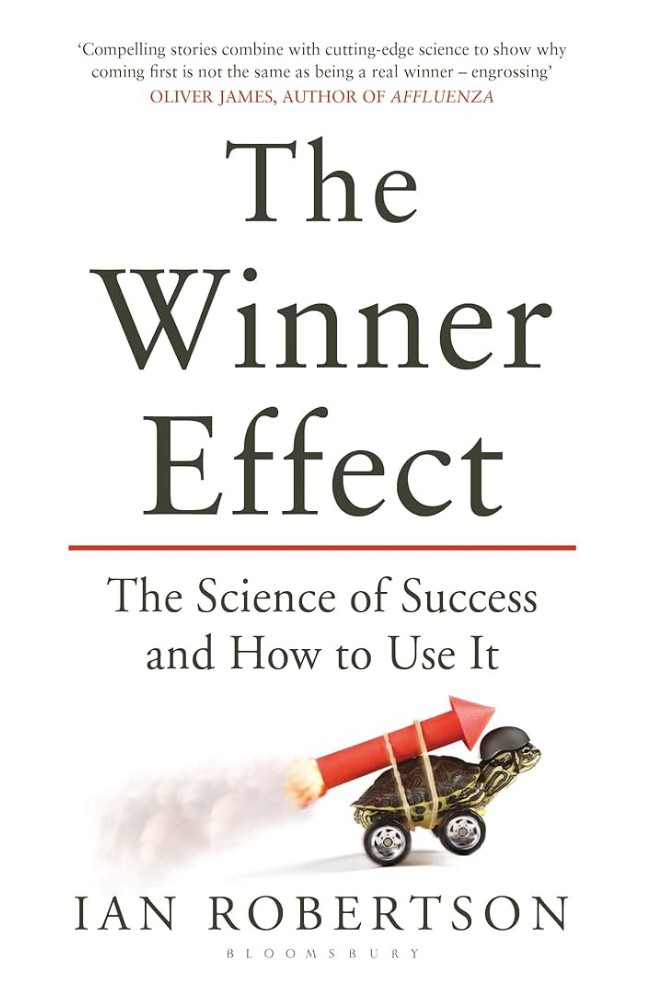
Mark Tilbury introduces “The Winner Effect” as a book that delves into the psychological and physiological aspects of success. Authored by Ian H. Robertson, the book explores the concept of winning and its impact on individuals.
It discusses how success, even in small endeavors, can lead to a positive feedback loop, affecting one’s brain chemistry and increasing the likelihood of future victories.
Robertson’s work highlights the importance of setting achievable goals and accumulating small wins for long-term success.
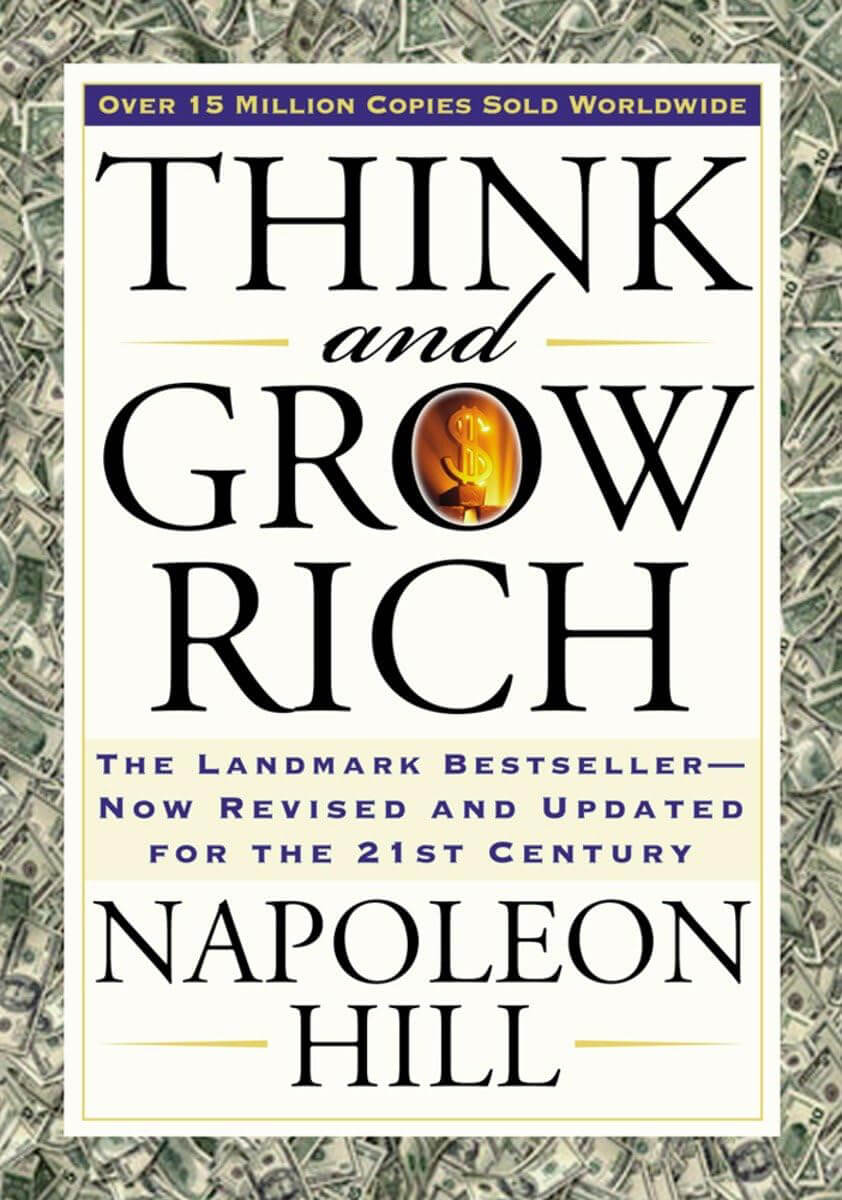
Mark Tilbury underscores “Think and Grow Rich” by Napoleon Hill as a timeless classic that explores the principles of success and wealth creation.
Hill’s work outlines a philosophy that emphasizes the power of thoughts in shaping one’s financial destiny.
The book delves into the importance of a burning desire, clear goals, and persistent action in achieving financial success. “Think and Grow Rich” is renowned for its practical approach to turning thoughts into tangible wealth.
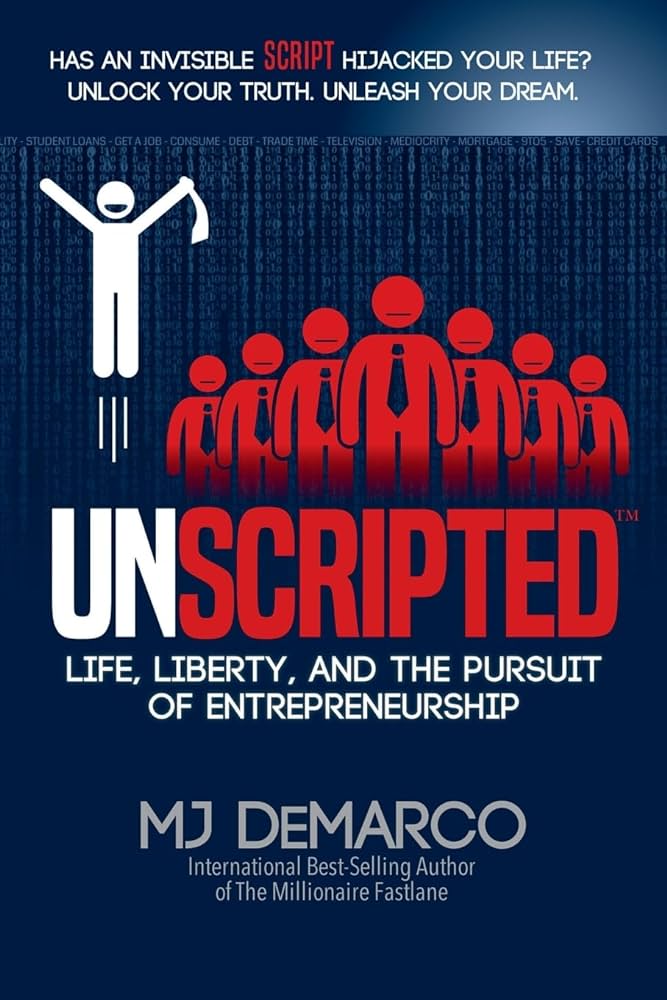
Mark Tilbury introduces “Unscripted” by MJ DeMarco as a book that challenges conventional wisdom and societal expectations regarding success.
DeMarco argues against the scripted life of mediocrity and conformity, advocating for a mindset thatembraces entrepreneurship, innovation, and financial freedom.
The book provides insights into navigating the challenges of societal norms and pursuing a path that aligns with one’s individual goals and aspirations.
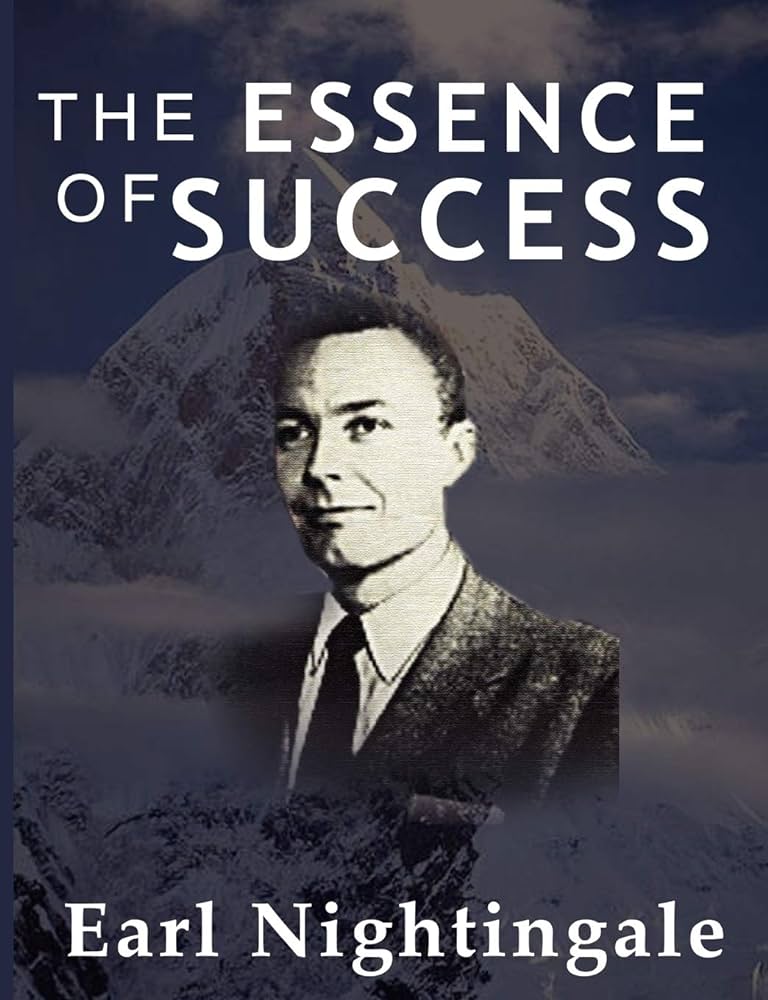
Mark Tilbury highlights “The Essence of Success” by Earl Nightingale as a book that provides valuable perspectives on success and the mindset required to achieve it.
Earl Nightingale’s work explores the concept of success as a result of specific attitudes, habits, and approaches to life.
The book offers insights into managing stress, maintaining a positive mindset, and focusing on aspects of life that contribute to long-term success.
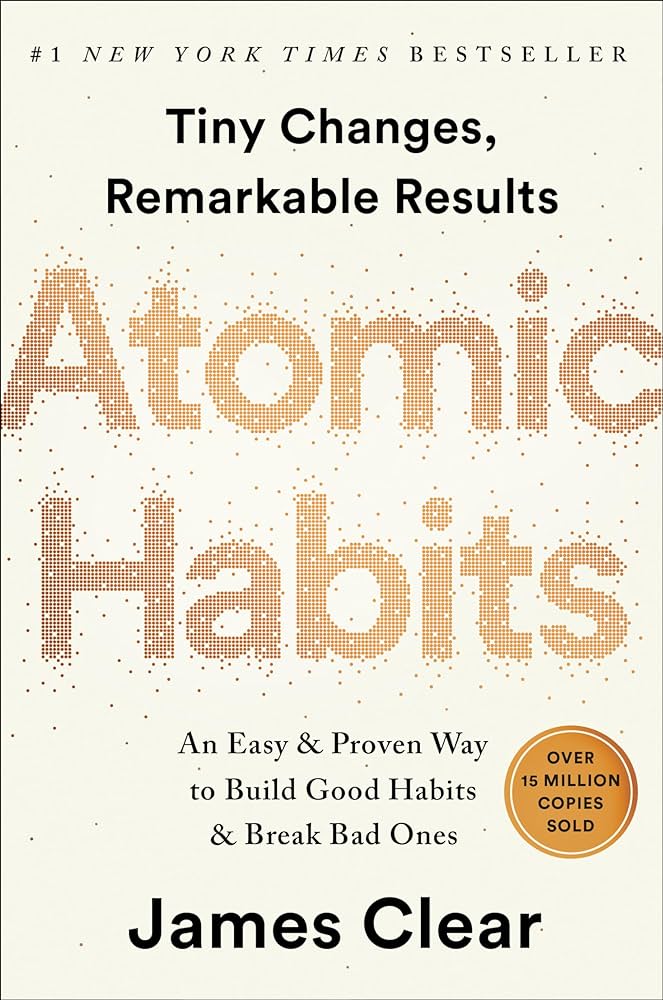
Mark Tilbury introduces “Atomic Habits” by James Clear as a transformative guide to understanding and changing habits for personal and professional growth.
James Clear explores the science of habit formation, emphasizing the power of small, consistent changes.
The book introduces practical strategies, such as habit stacking, to help individuals build positive habits and break detrimental ones.
It focuses on the process of achieving goals rather than fixating solely on the end result.

Mark Tilbury emphasizes “The 7 Habits of Highly Effective People” by Stephen R. Covey as a foundational guide to personal and professional effectiveness.
Covey’s work outlines seven habits that contribute to success and personal development.
The book encourages readers to adopt a proactive mindset, prioritize important tasks, and cultivate synergistic relationships.
Covey’s timeless principles offer a holistic approach to effectiveness, focusing on both personal and interpersonal aspects of life.
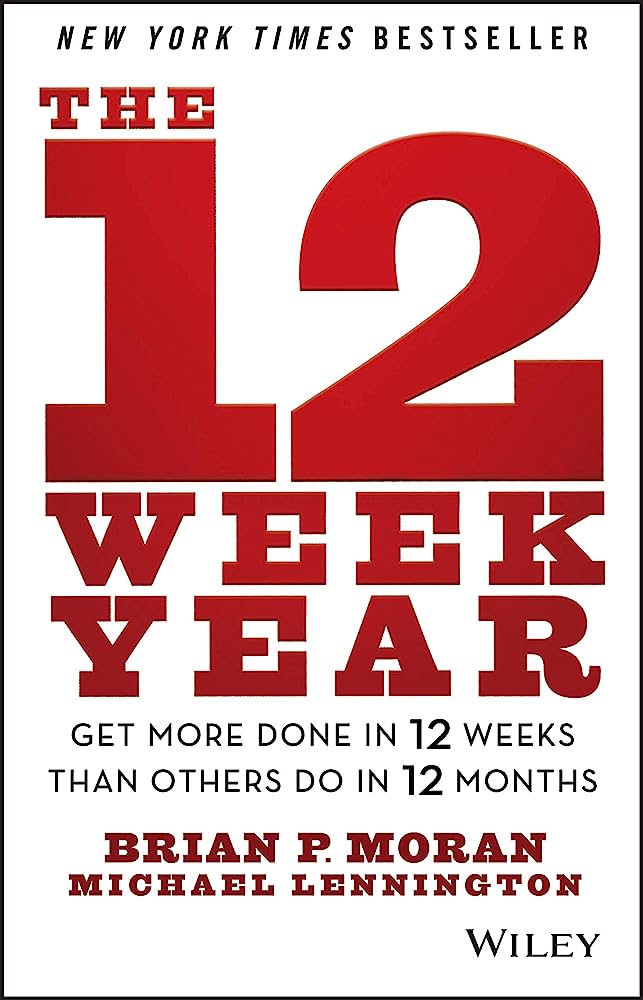
Mark Tilbury introduces “The 12 Week Year” by Brian P. Moran and Michael Lennington as a guide to redefining the concept of time and productivity.
The book challenges the traditional annual goal-setting approach and suggests treating a year as 12 weeks.
It emphasizes creating a sense of urgency and focusing on short-term goals to enhance productivity and achieve results.
The book’s principles aim to maximize efficiency and drive success within shorter timeframes.

Mark Tilbury highlights “The Art of Getting Things Done” by David Allen as a comprehensive guide to personal and professional productivity.
David Allen’s methodology, known as GTD (Getting Things Done), provides practical strategies for organizing tasks, managing priorities, and reducing stress.
The book introduces a systematic approach to handling information and tasks, emphasizing the importance of capturing, clarifying, and organizing commitments for increased efficiency.

Mark Tilbury introduces “Essentialism” by Greg McKeown as a guide to focusing on what truly matters in life and work.
McKeown advocates for the disciplined pursuit of less, emphasizing the importance of eliminating non-essential tasks and priorities.
The book encourages readers to discern what is truly valuable and make intentional choices to prioritize their time and energy effectively.
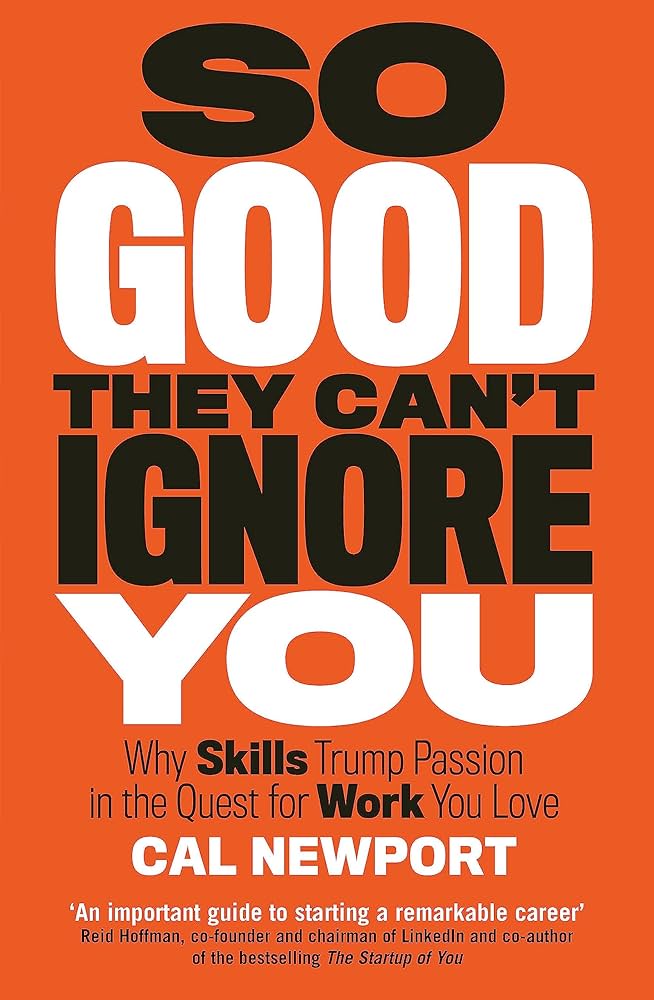
Mark Tilbury highlights “So Good They Can’t Ignore You” by Cal Newport as a book that challenges the conventional advice to “follow your passion.”
Newport argues that passion is developed over time through skill mastery and career success.
The book features insights from interviews with people who love their work, showcasing that passion often follows expertise.
Newport encourages readers to focus on building valuable skills and becoming excellent in their chosen fields.
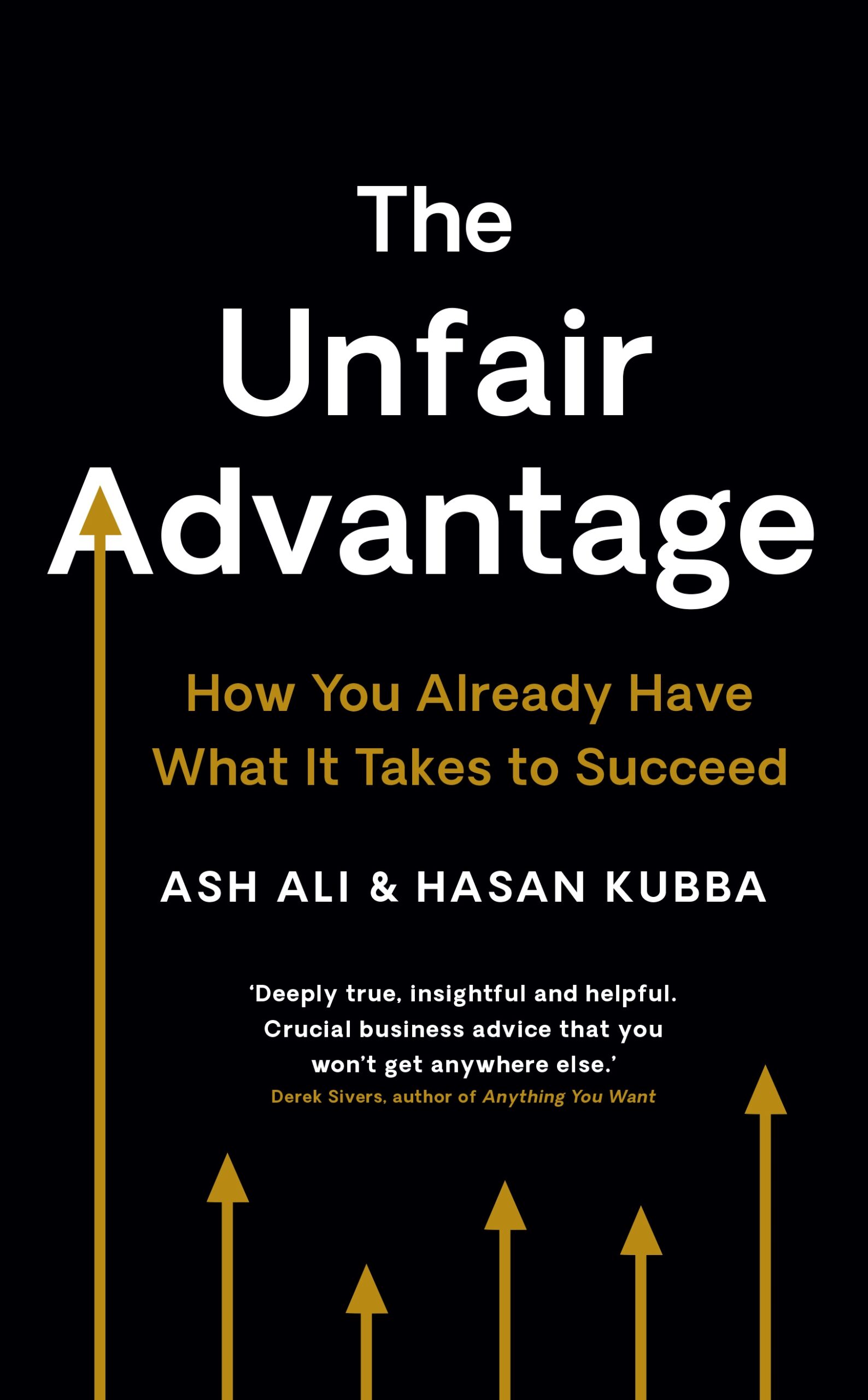
Mark Tilbury introduces “The Unfair Advantage” by Ash Ali and Hasan Kubba as a guide that emphasizes playing to one’s natural strengths to succeed in an unfair world.
The book encourages individuals to identify their unique abilities and leverage them for success.
Ali and Kubba argue that developing a unique set of skills that is challenging to replicate is crucial in navigating the competitive landscape.
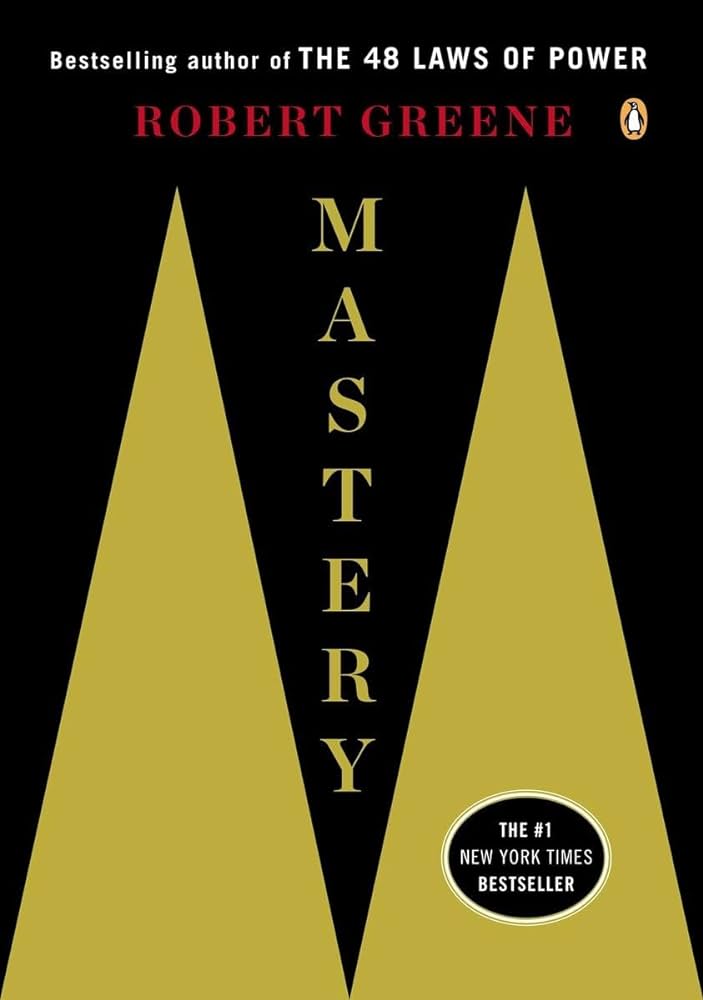
Mark Tilbury introduces “Mastery” by Robert Greene as a book that delves into the principles and strategies for achieving mastery in any field.
Greene explores the lives of historical and contemporary masters, dissecting their paths to expertise.
The book emphasizes the importance of continuous learning, perseverance, and a deep understanding of one’s chosen domain.
Greene’s insights provide a roadmap for individuals seeking to develop a unique and irreplaceable skill set.
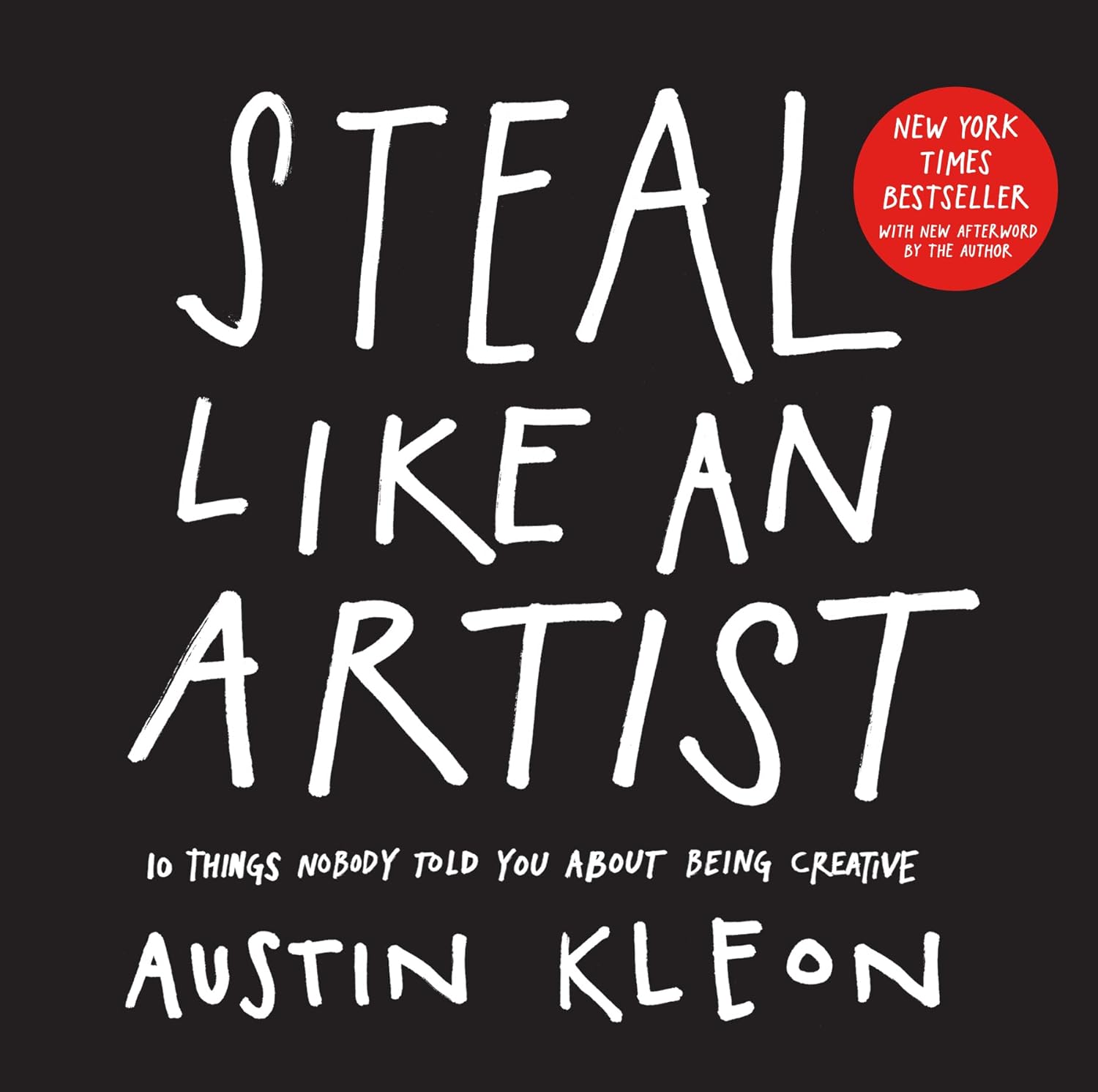
Mark Tilbury introduces “Steal Like an Artist” by Austin Kleon as a creative guide that encourages individuals to embrace influence, inspiration, and the art of borrowing ideas.
Kleon challenges the notion of originality and emphasizes the importance of building upon the work of others to create something truly unique.
The book advocates for a process of remixing and combining various inspirations to foster creativity and innovation.
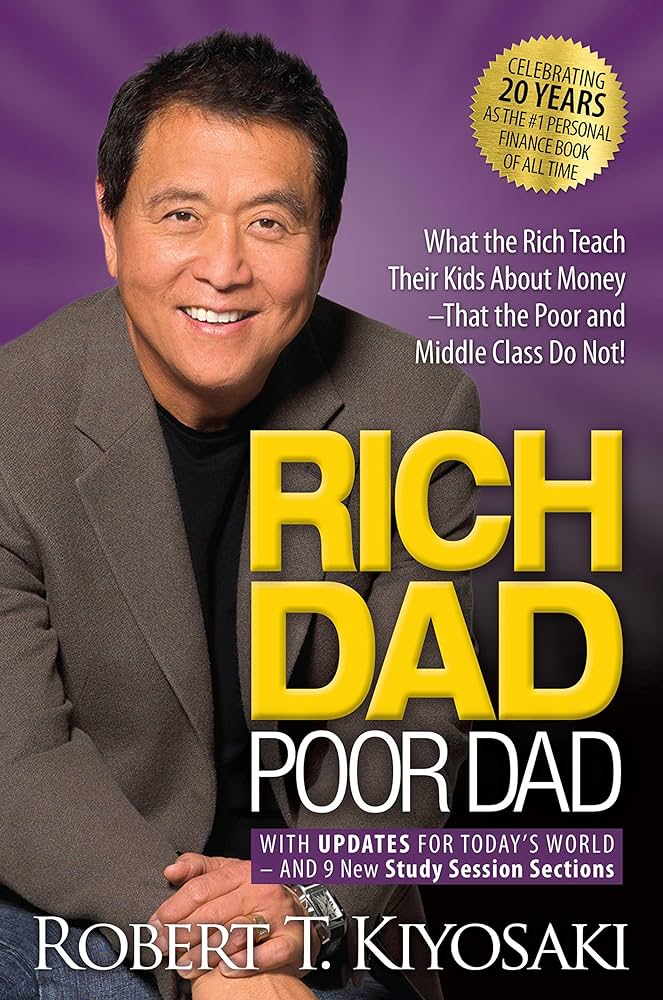
Mark Tilbury discusses “Rich Dad Poor Dad” by Robert T. Kiyosaki as a seminal work in personal finance that challenges traditional views on wealth-building.
Kiyosaki contrasts the financial philosophies of his biological father (Poor Dad) and the father of his childhood friend (Rich Dad).
The book emphasizes the importance of financial education, assets versus liabilities, and adopting a mindset that leverages investments for long-term wealth creation.
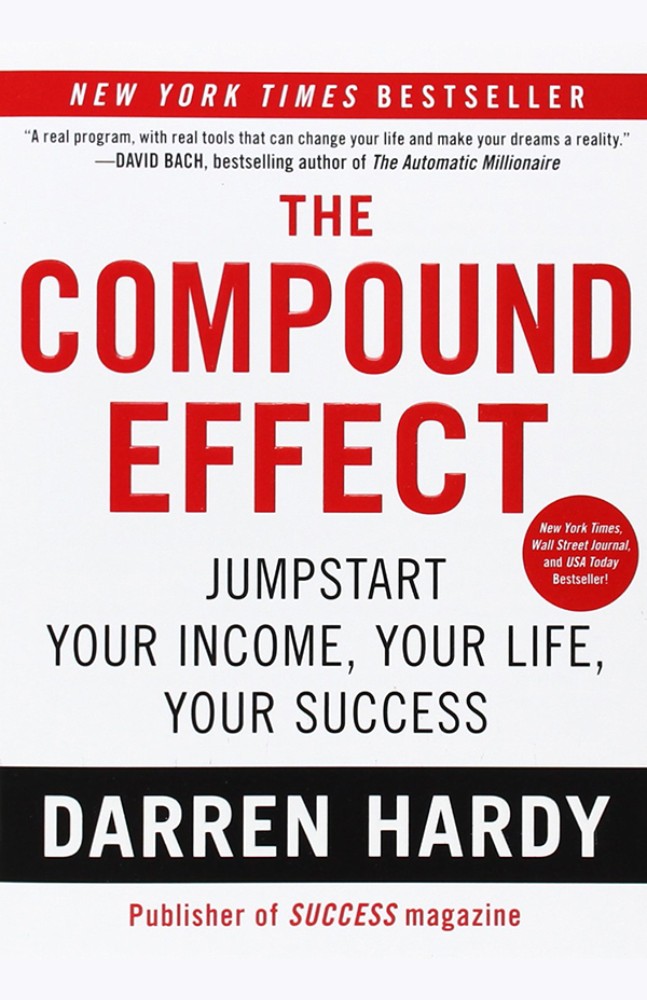
Mark Tilbury features “The Compound Effect” by Darren Hardy as a book that explores the power of small, consistent actions over time.
Hardy emphasizes the cumulative impact of making positive choices and forming productive habits.
The book highlights the notion of compounding, where small, daily efforts lead to significant long-term results.
“The Compound Effect” provides insights into the principles of success, personal development, and the impact of consistent habits.
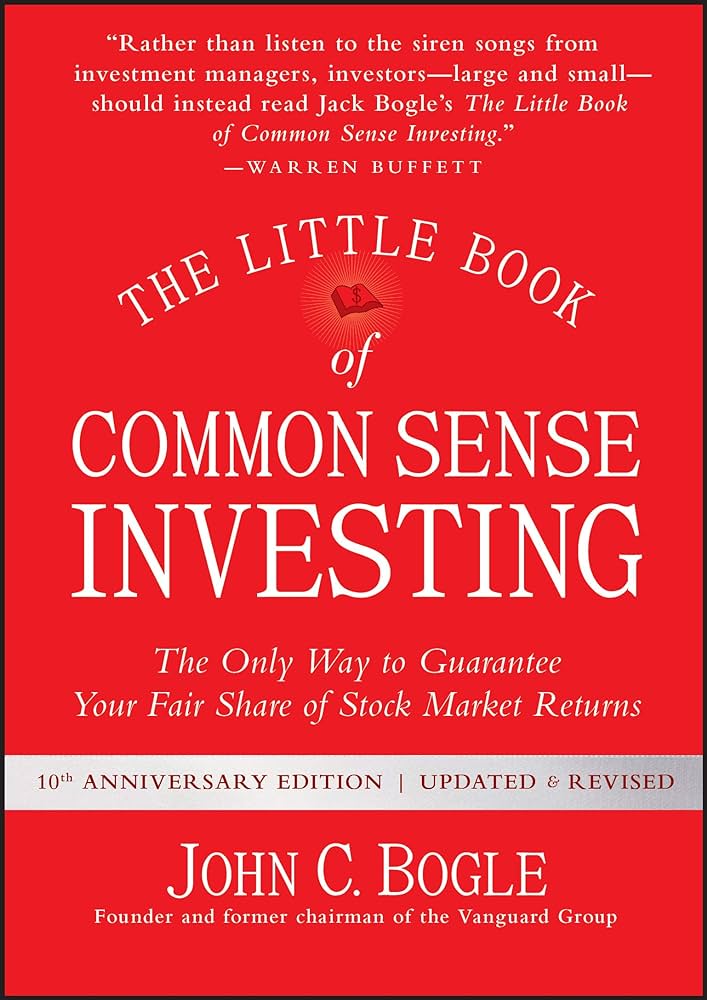
Mark Tilbury discusses “The Little Book of Common Sense Investing” by John C. Bogle as a foundational guide to investment strategies.
Bogle, the founder of Vanguard Group, advocates for a passive investment approach through low-cost index funds.
The book emphasizes the importance of simplicity, diversification, and a long-term perspective in achieving financial success through the stock market.
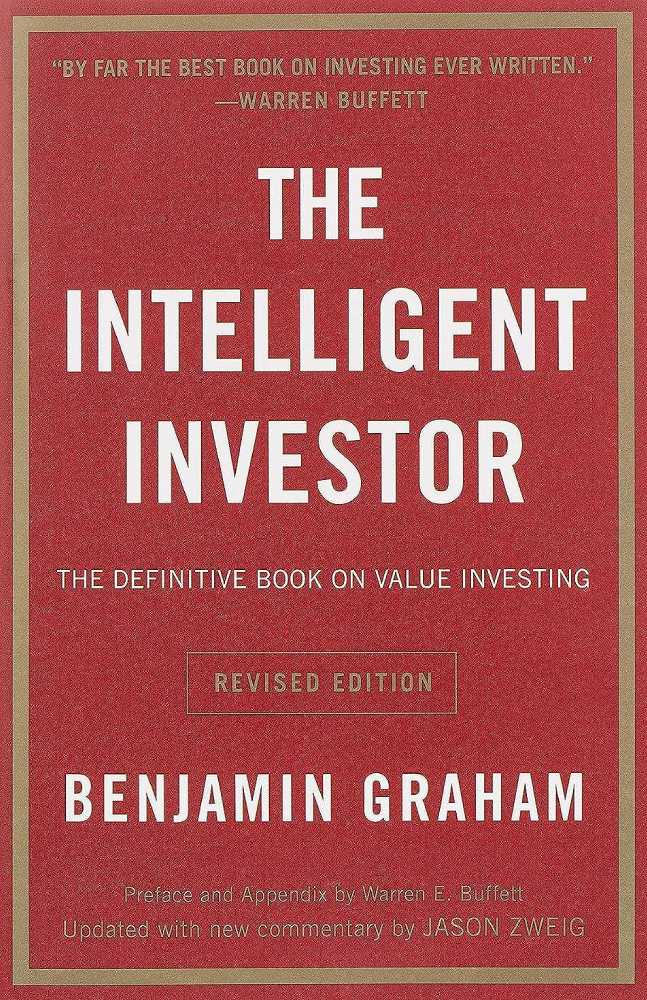
Mark Tilbury features “The Intelligent Investor” by Benjamin Graham as a classic guide to value investing.
Graham, known as the “father of value investing,” provides timeless principles for intelligent and disciplined investment.
The book emphasizes the importance of thorough analysis, long-term thinking, and a margin of safety in navigating the stock market.
Graham’s insights continue to influence investors seeking a rational and prudent approach to investing.
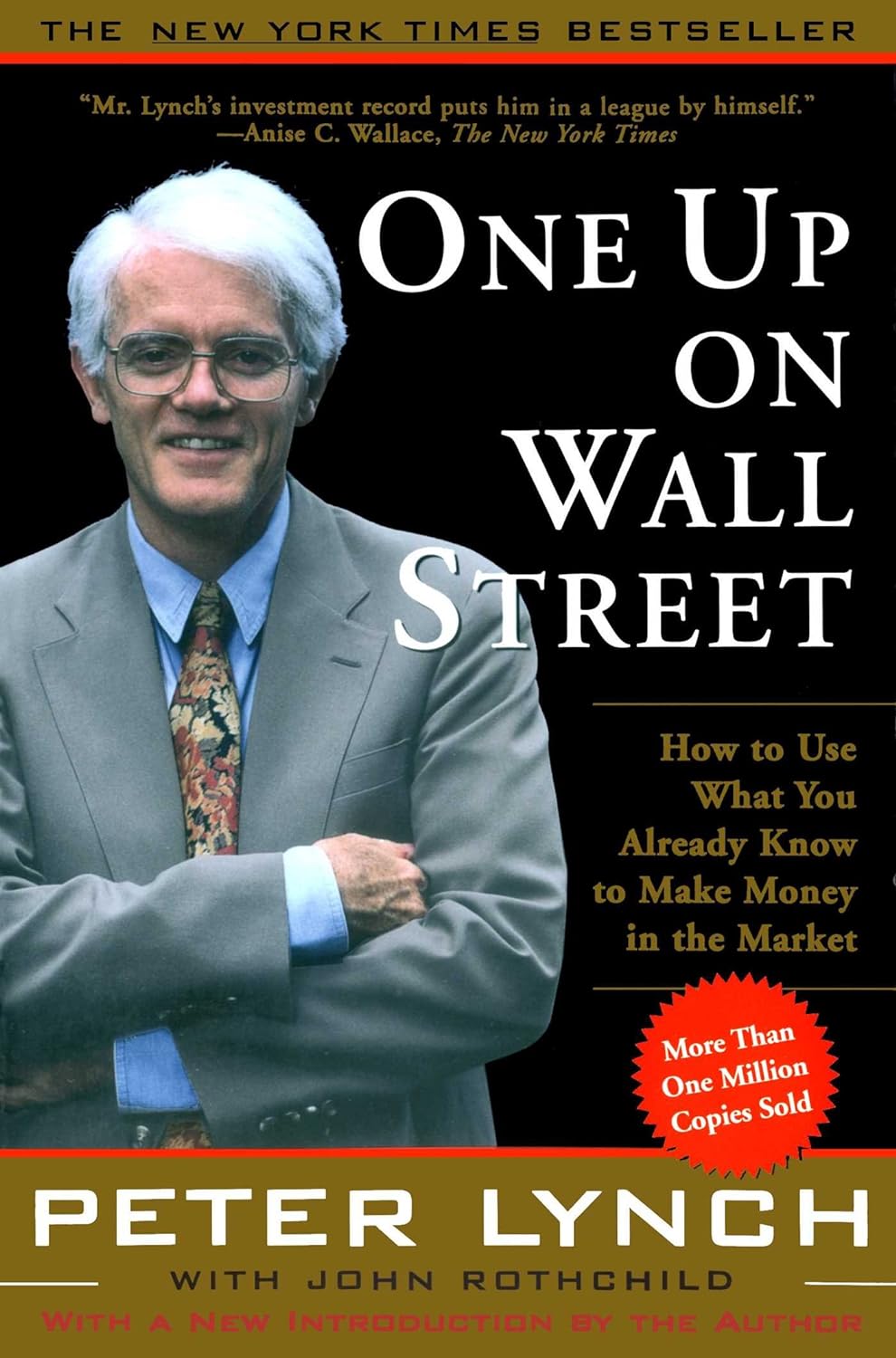
Mark Tilbury discusses “One Up On Wall Street” by Peter Lynch as a guide to successful stock market investing based on Lynch’s experiences as a legendary fund manager.
Peter Lynch encourages individual investors to leverage their everyday knowledge and observations to identify potential investment opportunities.
The book emphasizes the importance of thorough research, a long-term approach, and understanding the businesses in which one invests.
Level Two: From $100,000 to $1 Million
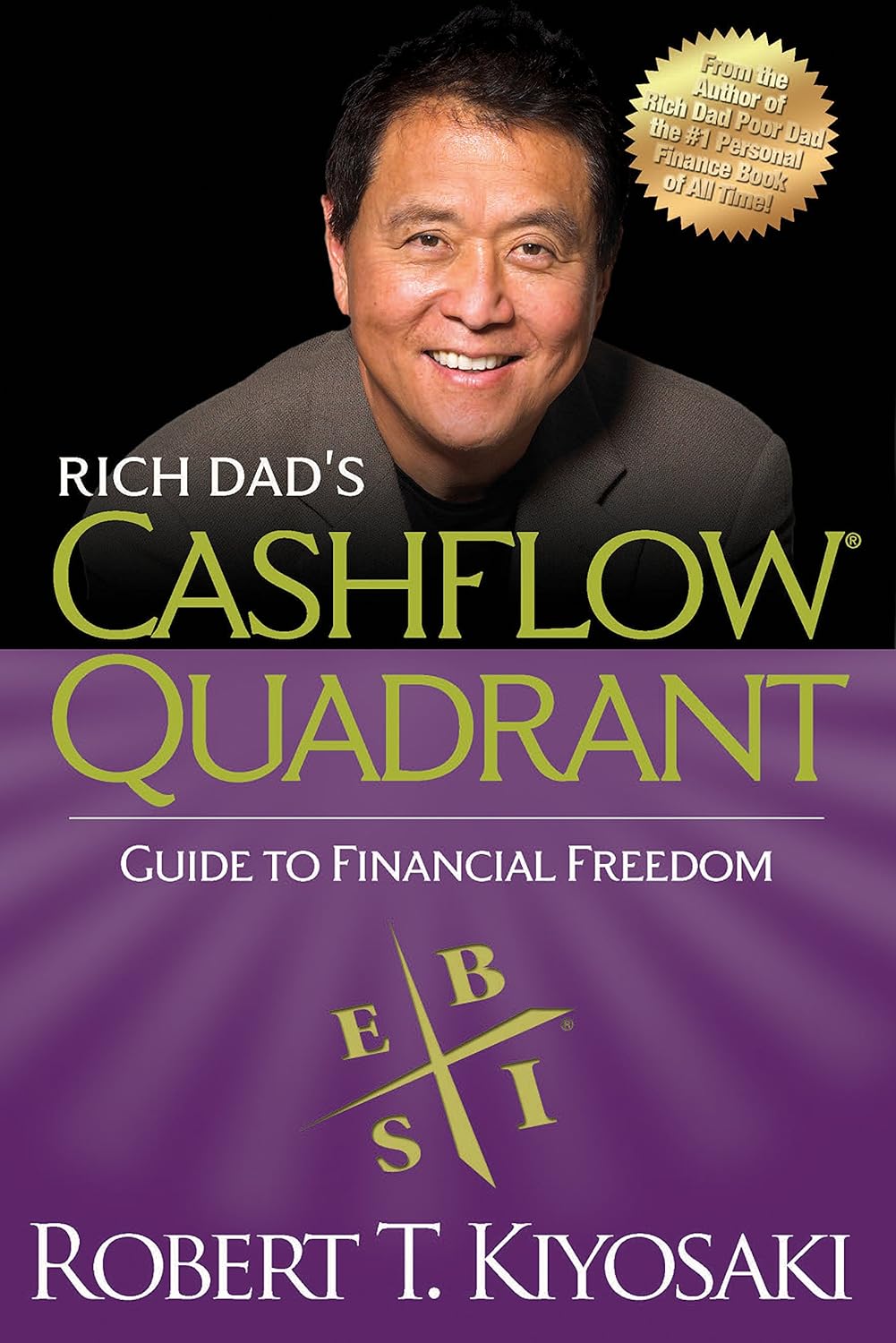
Mark Tilbury introduces “Cashflow Quadrant” by Robert T. Kiyosaki as a book that expands on the concepts introduced in “Rich Dad Poor Dad.”
The book categorizes individuals into four quadrants based on their primary source of income: Employee (E), Self-Employed (S), Business Owner (B), and Investor (I).
Robert Kiyosaki explores the mindset and financial strategies associated with each quadrant, emphasizing the importance of moving towards the B and I quadrants for financial independence.

Mark Tilbury introduces “The 4-Hour Work Week” by Timothy Ferriss as a groundbreaking book that challenges the traditional notions of work and lifestyle.
Timothy Ferriss shares strategies for achieving increased efficiency, automating processes, and designing a lifestyle that prioritizes freedom and fulfillment.
The book explores the concept of “lifestyle design” and provides actionable steps for individuals seeking to escape the traditional 9-to-5 grind.
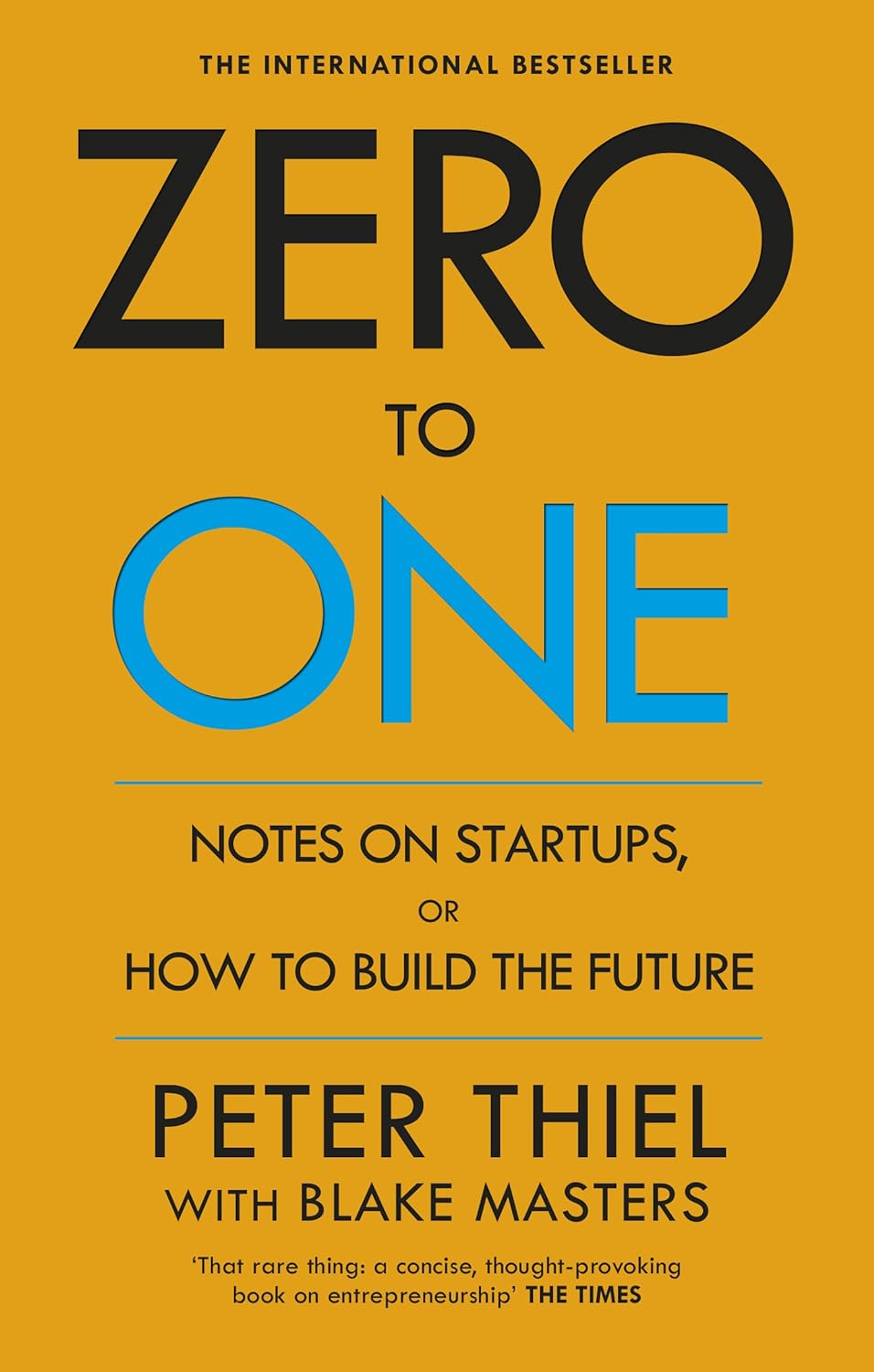
Mark Tilbury features “Zero to One” by Peter Thiel as a book that explores the dynamics of innovation and building successful startups.
Peter Thiel, a co-founder of PayPal, emphasizes the importance of creating something truly unique and transformative—going from “zero to one” rather than copying existing ideas.
The book delves into the principles of entrepreneurship, competition, and the power of creating a monopoly in business.
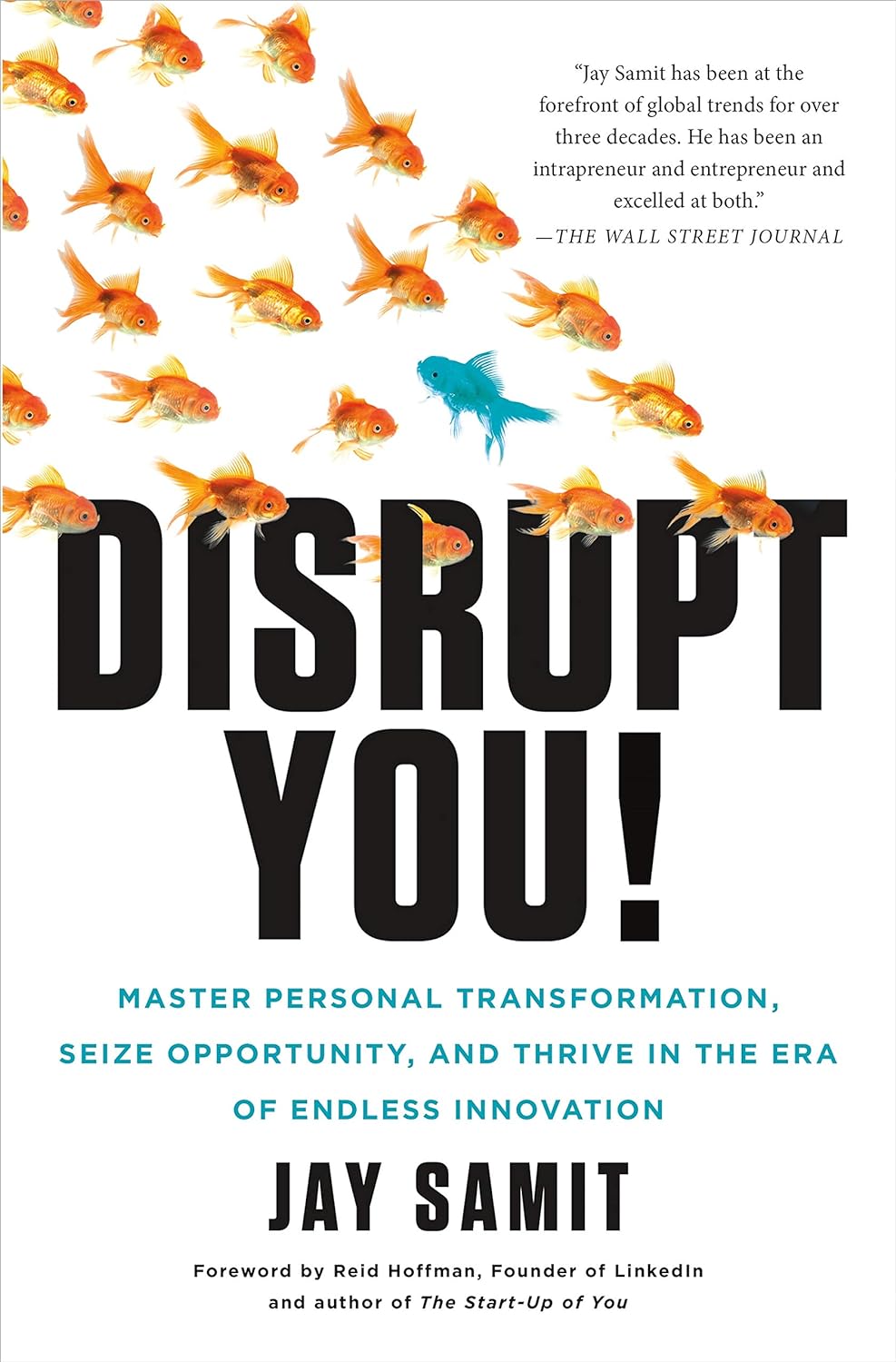
Mark Tilbury introduces “Disrupt You!” by Jay Samit as a guide to fostering innovation and embracing disruption in personal and professional life.
Jay Samit, a serial entrepreneur and disruptor, shares insights on navigating change, identifying opportunities, and reinventing oneself.
The book encourages readers to view challenges as opportunities for growth and transformation, fostering a mindset of continuous adaptation.
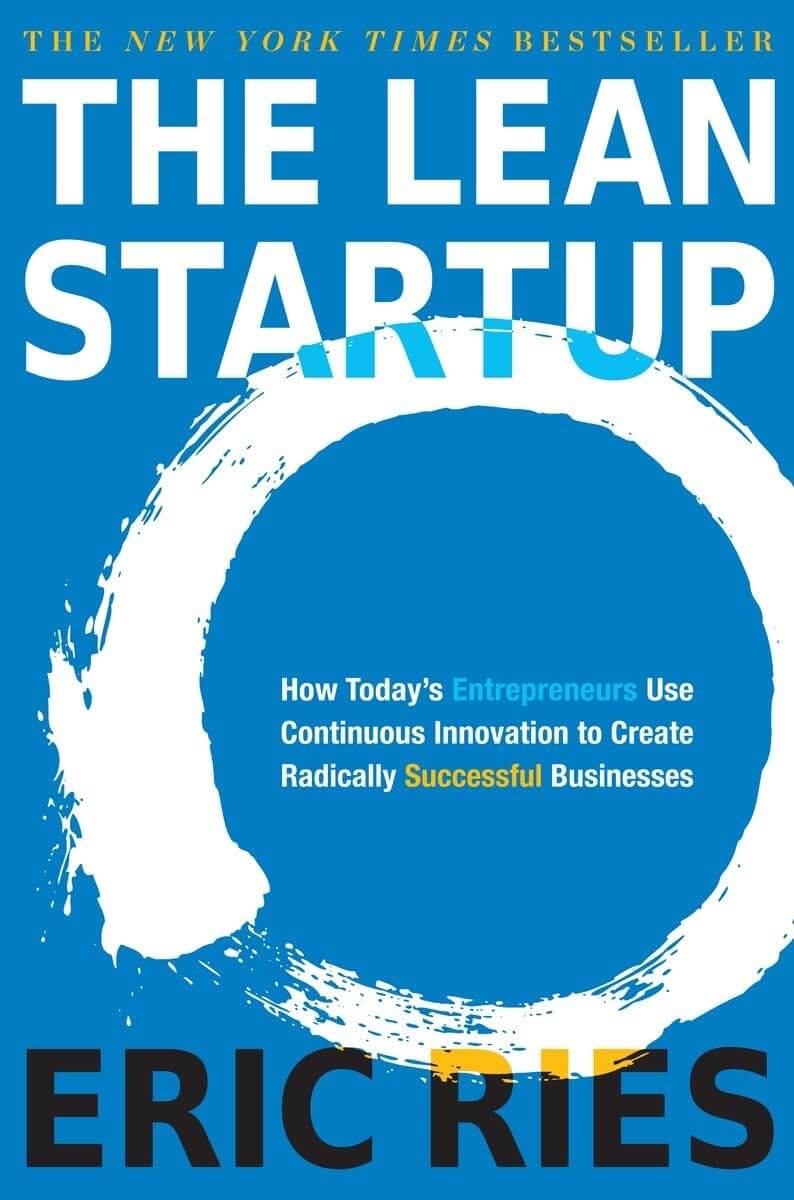
Mark Tilbury features “The Lean Startup” by Eric Ries as a guide to entrepreneurial success through a lean and iterative approach.
Eric Ries introduces the concept of the lean startup methodology, emphasizing rapid prototyping, customer feedback, and continuous improvement.
The book provides insights into building successful, sustainable businesses by validating ideas efficiently and adapting to market feedback.
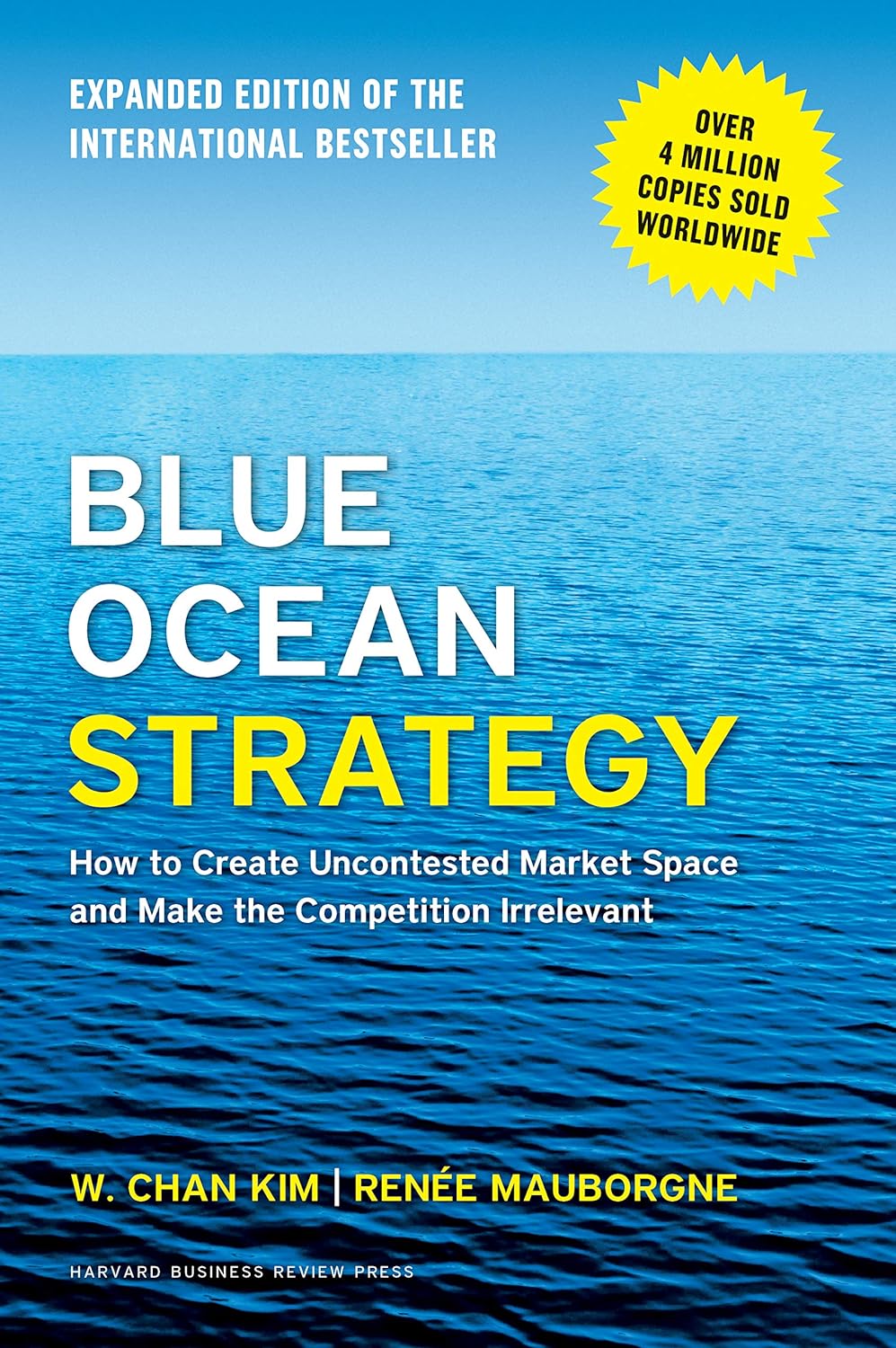
Mark Tilbury introduces “Blue Ocean Strategy” by W. Chan Kim and Renée Mauborgne as a transformative guide to business strategy.
The book challenges the traditional competitive mindset by advocating for the creation of uncontested market spaces, known as “blue oceans.”
Kim and Mauborgne provide tools and frameworks for businesses to shift from competition to innovation, offering a strategic approach to achieving market success.
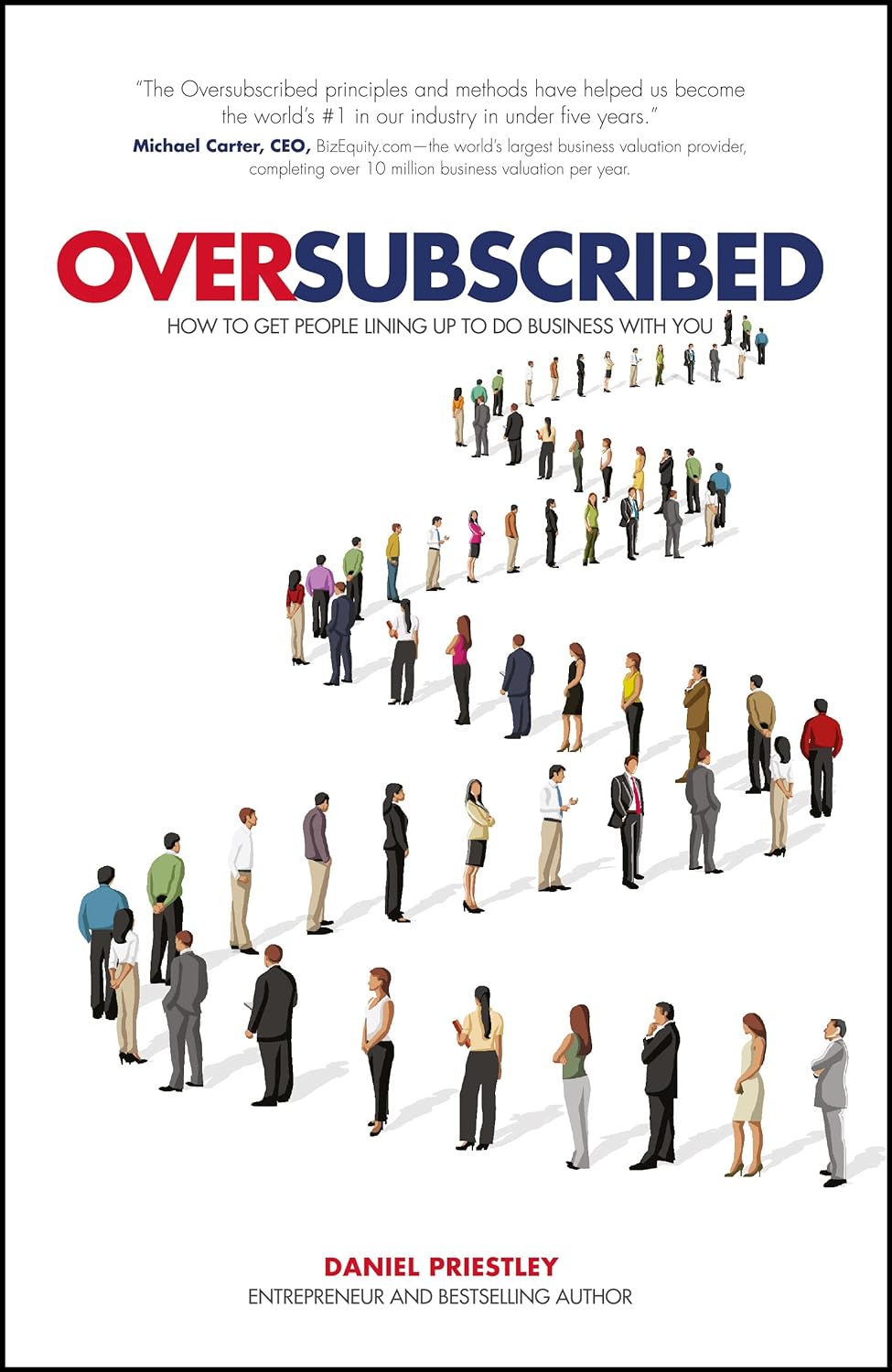
Mark Tilbury features “Oversubscribed” by Daniel Priestley as a guide to creating demand and scarcity for products or services.
Daniel Priestley explores the concept of being oversubscribed, where demand exceeds supply, leading to increased value and desirability.
The book provides strategies for positioning oneself or one’s business as sought-after, emphasizing the importance of creating a sense of exclusivity and high demand.
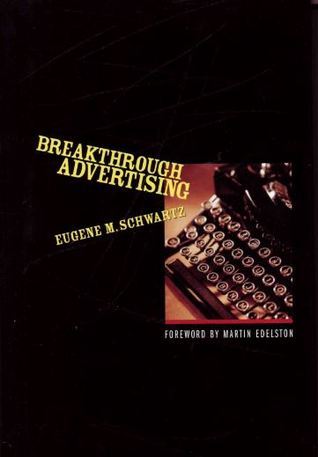
Mark Tilbury discusses “Breakthrough Advertising” by Eugene M. Schwartz as a book that delves into the psychology of marketing and advertising.
Eugene Schwartz explores the principles of creating effective advertising messages that resonate with the target audience.
The book emphasizes understanding the desires and motivations of consumers to craft compelling and persuasive advertisements.
Level Three: From $1 Million to $10 Million Plus
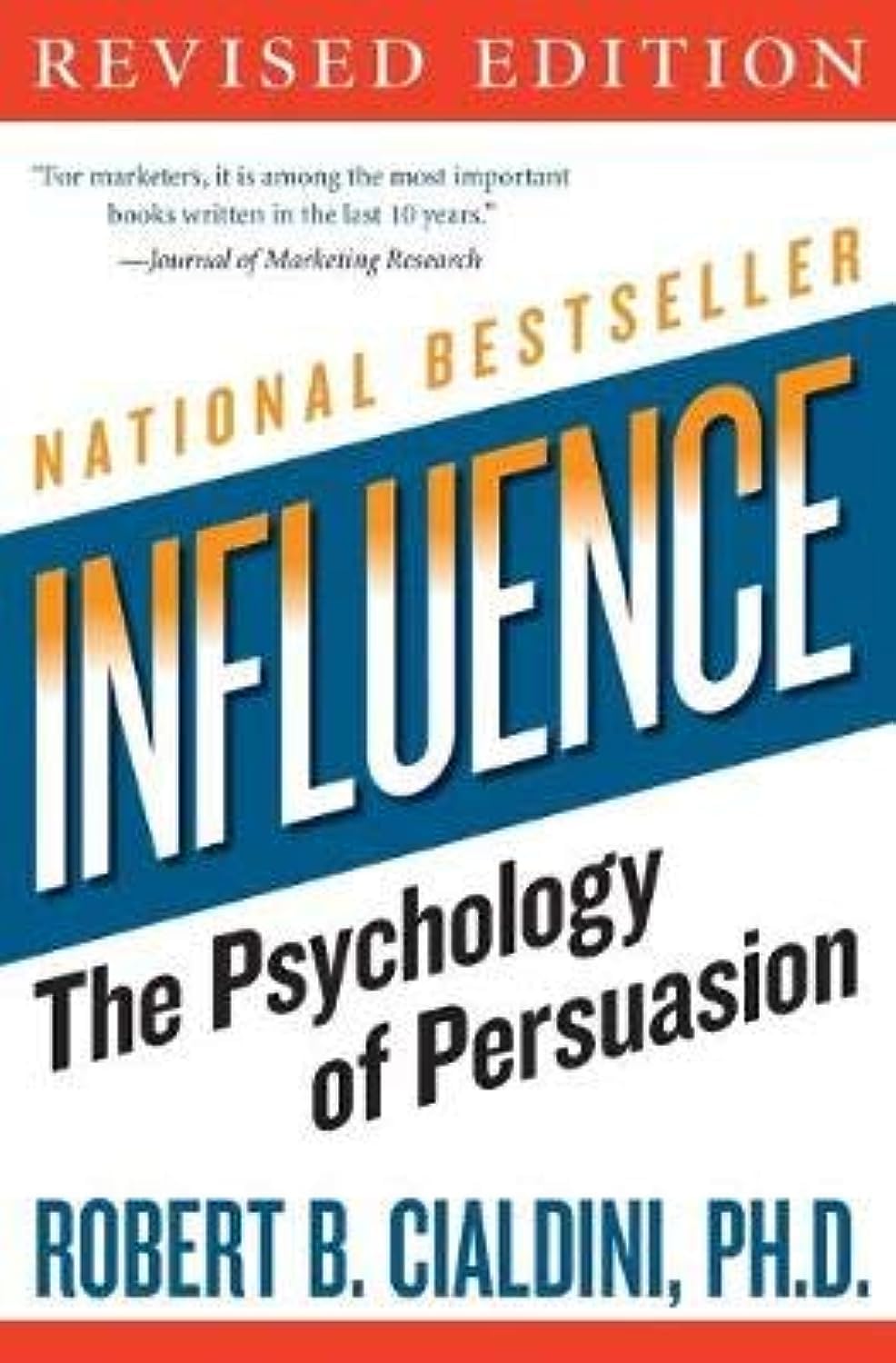
Mark Tilbury introduces “Influence: The Psychology of Persuasion” by Robert B. Cialdini as a seminal work on understanding the principles of influence and persuasion.
Robert Cialdini explores the psychology behind why people say “yes” and provides insights into the six universal principles of influence: reciprocity, commitment, social proof, authority, liking, and scarcity. The book is a guide to understanding and applying these principles in various contexts, including business and personal interactions.
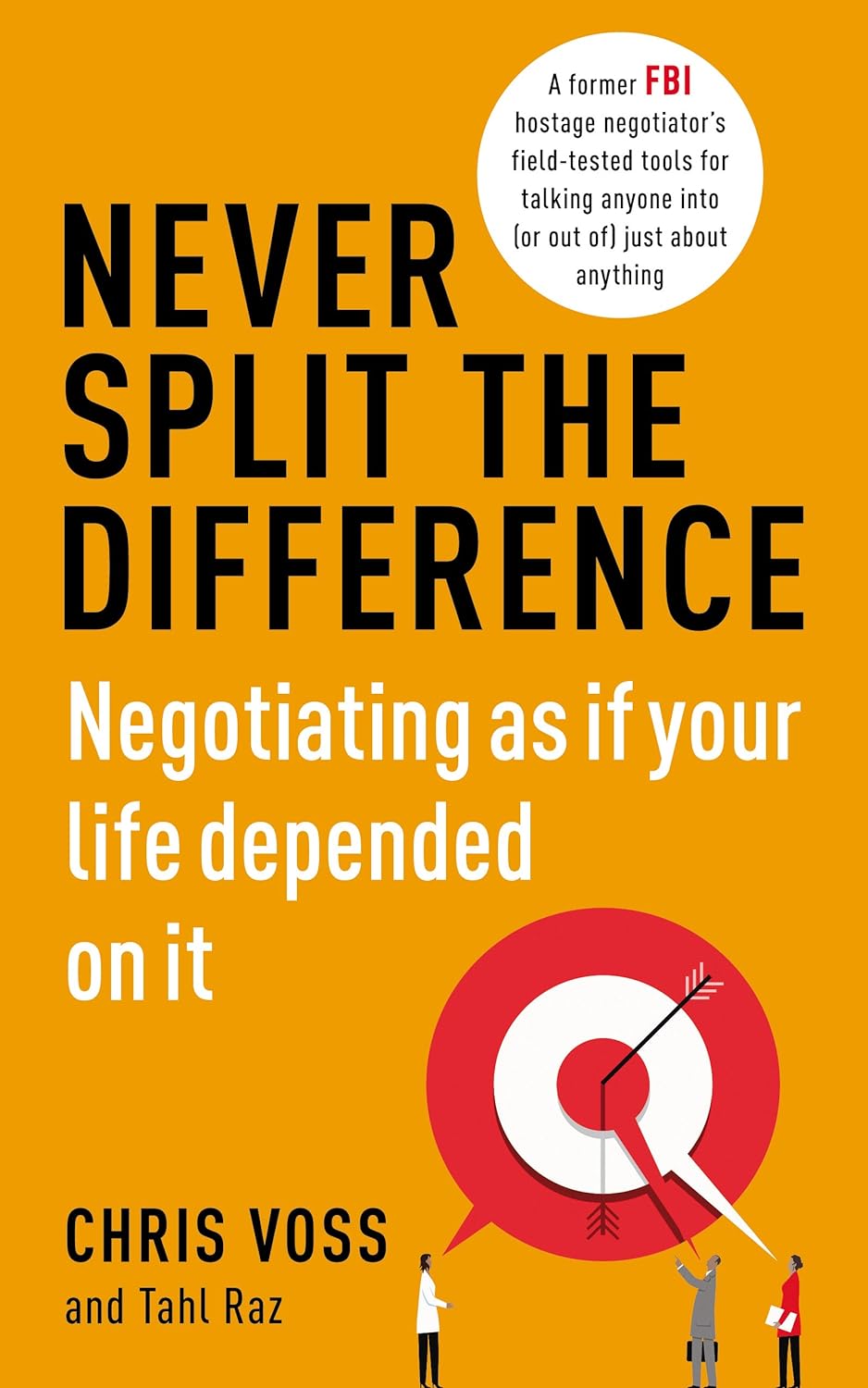
Mark Tilbury features “Never Split the Difference” by Chris Voss as a guide to negotiation and communication.
Voss, a former FBI hostage negotiator, shares insights and tactics for achieving successful outcomes in negotiations.
The book explores the art of effective communication, emotional intelligence, and strategies for influencing others while avoiding common pitfalls.
It provides practical techniques for negotiating with confidence and achieving mutually beneficial agreements.
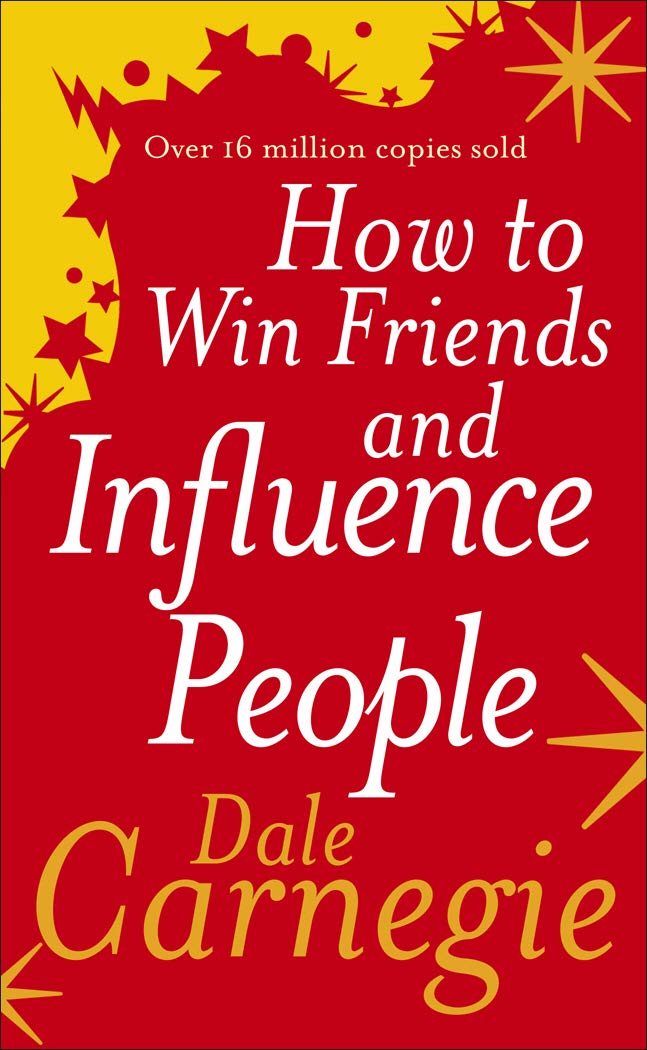
Mark Tilbury discusses “How to Win Friends and Influence People” by Dale Carnegie as a timeless guide to effective communication and relationship-building.
Carnegie’s classic work provides principles and techniques for enhancing interpersonal skills, influencing others positively, and building lasting connections.
The book explores the importance of empathy, active listening, and understanding human behavior in the pursuit of personal and professional success.
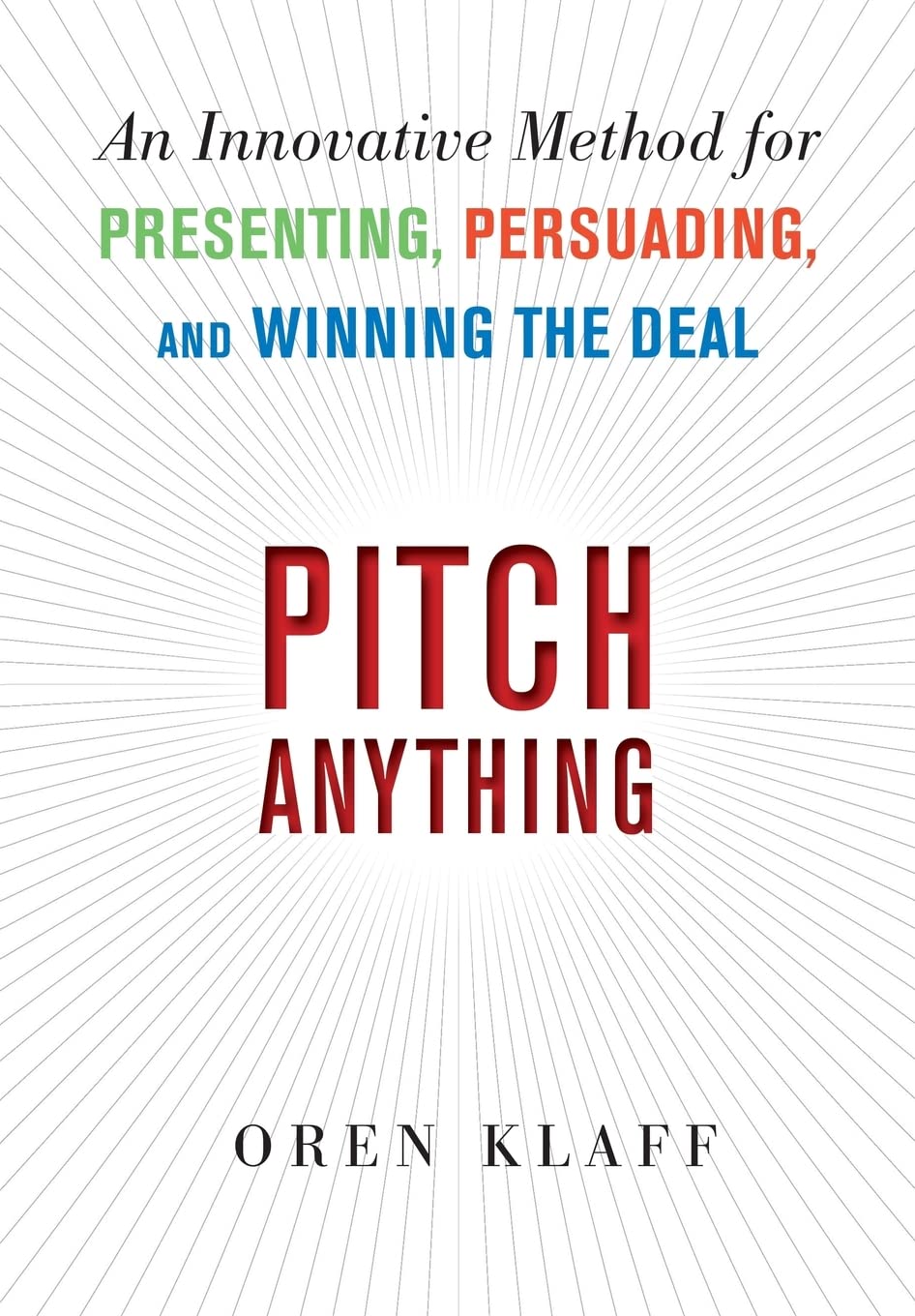
Mark Tilbury features “Pitch Anything” by Oren Klaff as a guide to effective and compelling communication in business pitches and presentations.
Oren Klaff explores the neuroscience behind successful pitches and provides a framework for creating and delivering powerful messages.
The book emphasizes the importance of understanding the brain’s decision-making processes, creating a captivating narrative, and confidently navigating high-stakes presentations.
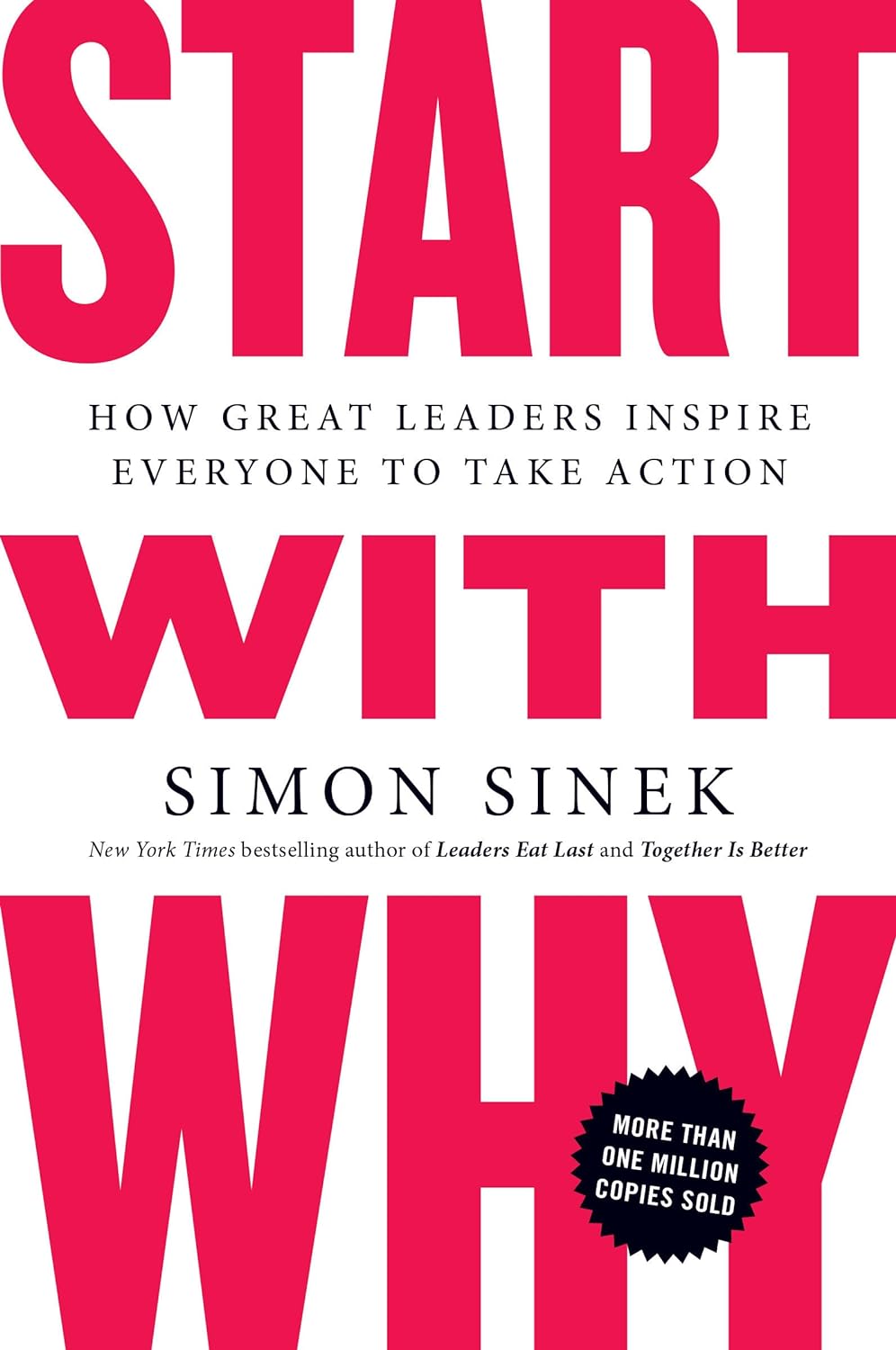
Mark Tilbury introduces “Start With Why” by Simon Sinek as a transformative guide to leadership and inspiring others.
Simon Sinek’s book explores the concept of starting with a clear purpose or “why” to inspire action and loyalty. The author introduces the Golden Circle, where “why” is at the center, followed by “how” and “what.”
The book provides insights into successful leadership strategies that prioritize purpose and inspire others to take meaningful action.
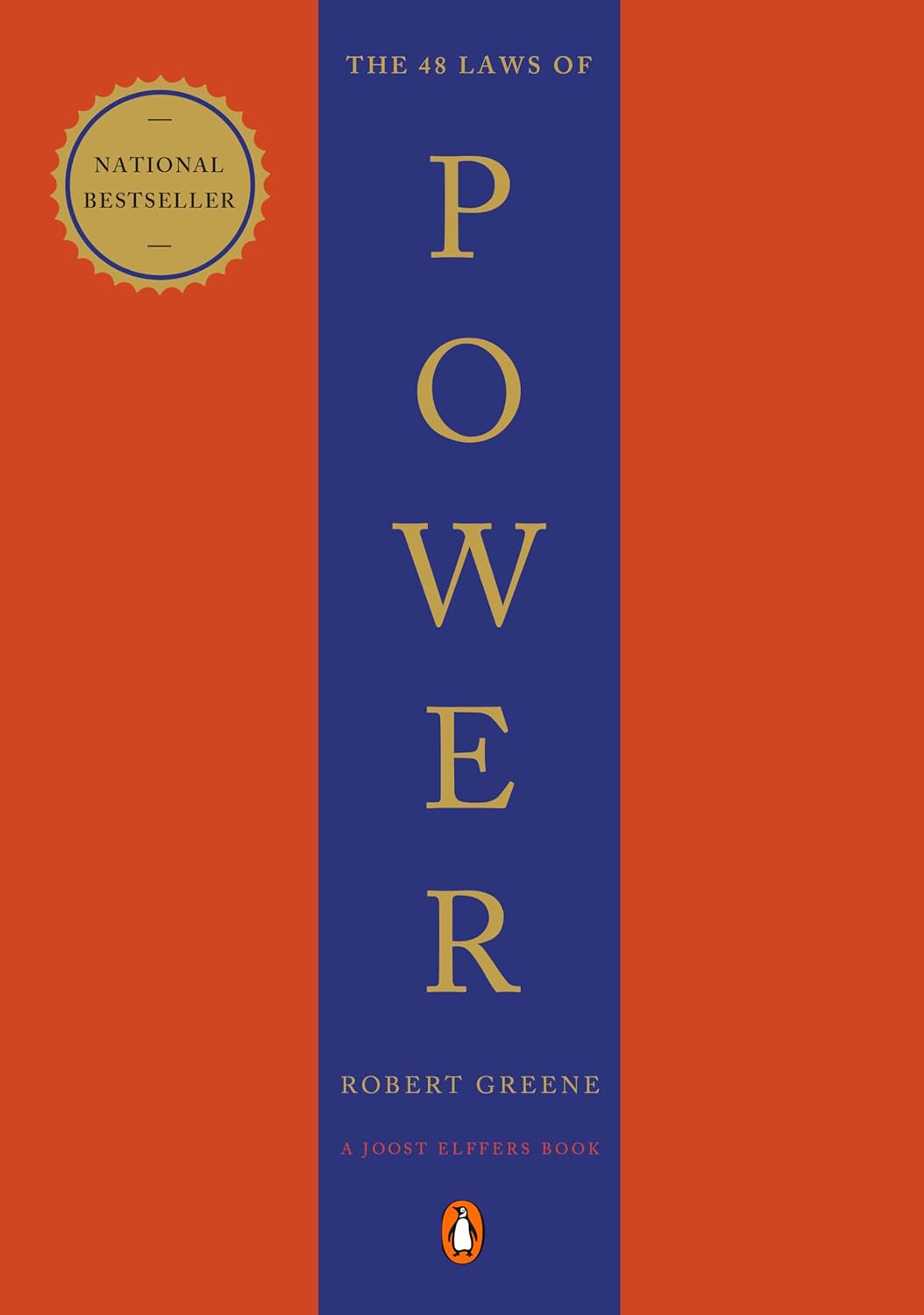
Mark Tilbury discusses “The 48 Laws of Power” by Robert Greene as a comprehensive exploration of power dynamics and strategies for achieving and maintaining influence.
Greene’s book outlines 48 laws that delve into the art of power, manipulation, and understanding human behavior.
The laws cover a wide range of principles, from mastering emotions to maintaining an aura of mystery, providing a guide for navigating complex social and professional interactions.
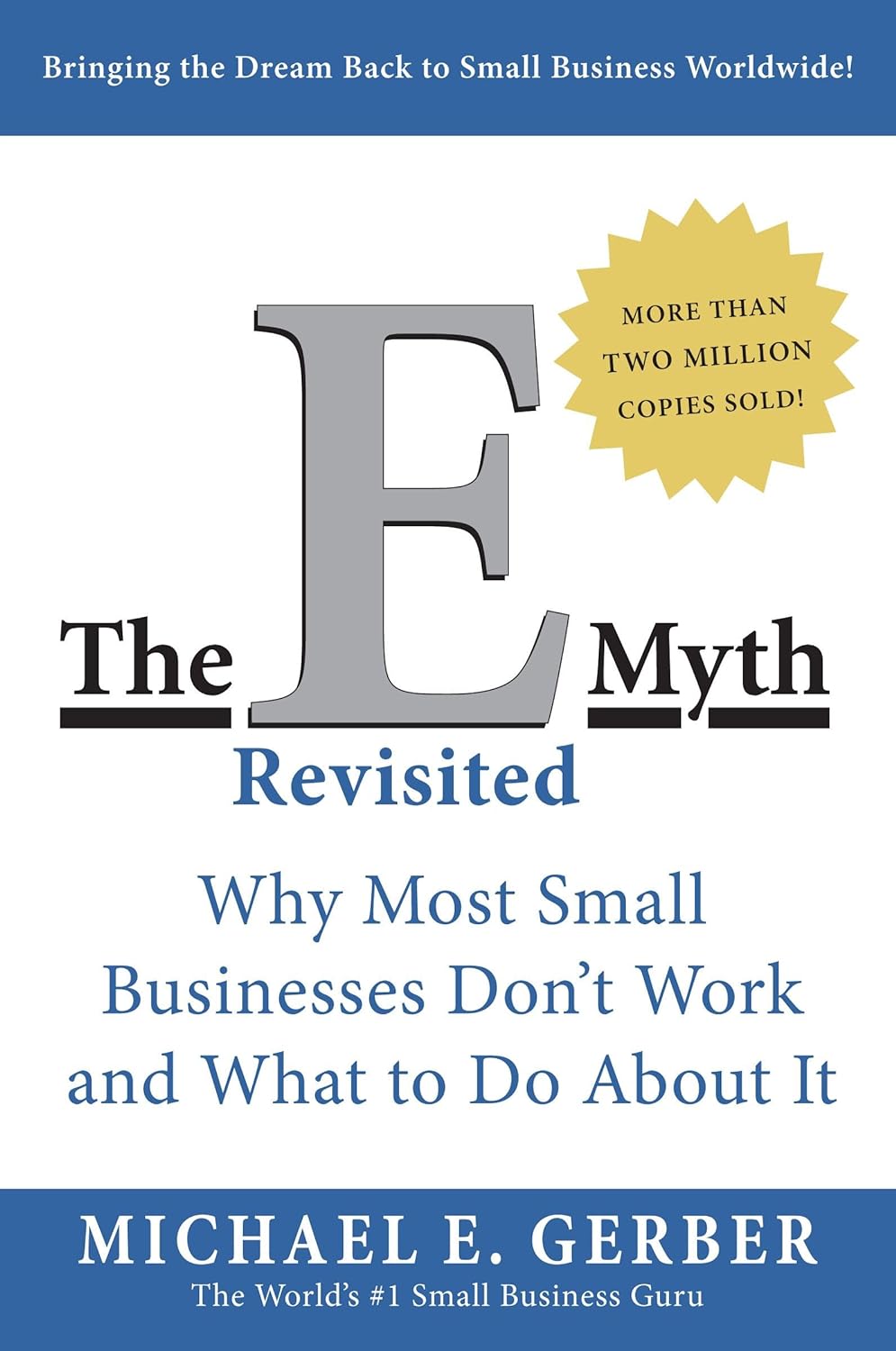
Mark Tilbury features “The E Myth” by Michael E. Gerber as a guide for entrepreneurs seeking to build successful businesses.
Gerber introduces the concept of the Entrepreneurial Myth (E-Myth), emphasizing the distinction between being an entrepreneur and operating a business.
The book provides insights into the importance of systemizing and creating processes to ensure the long-term success and growth of a business.
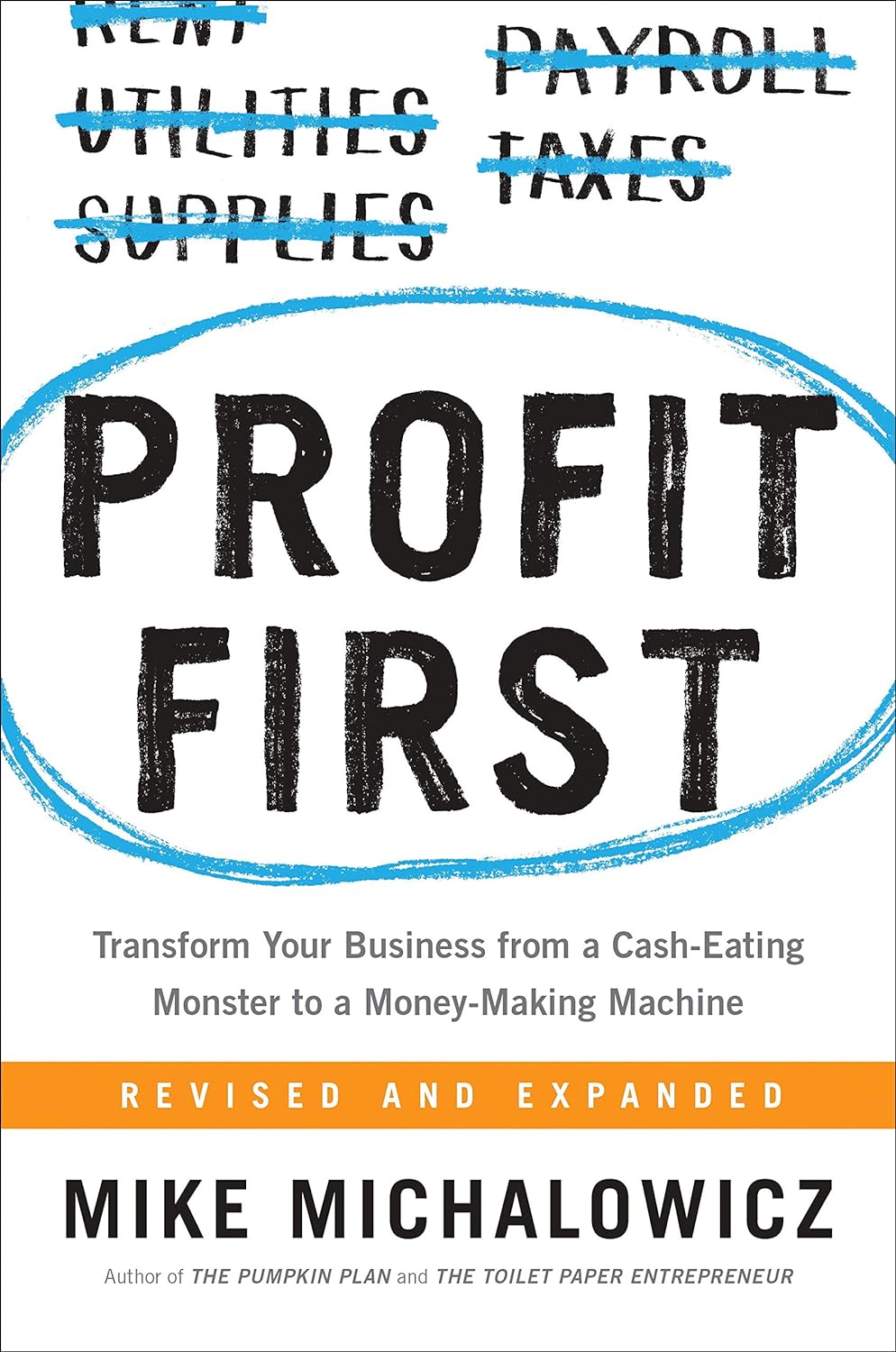
Mark Tilbury introduces “Profit First” by Mike Michalowicz as a practical guide to financial management for entrepreneurs and business owners.
Michalowicz challenges traditional accounting practices and introduces a cash management system that prioritizes profit.
The book provides actionable steps for allocating funds to different business accounts, ensuring a focus on profitability from the start and throughout the business’s growth.
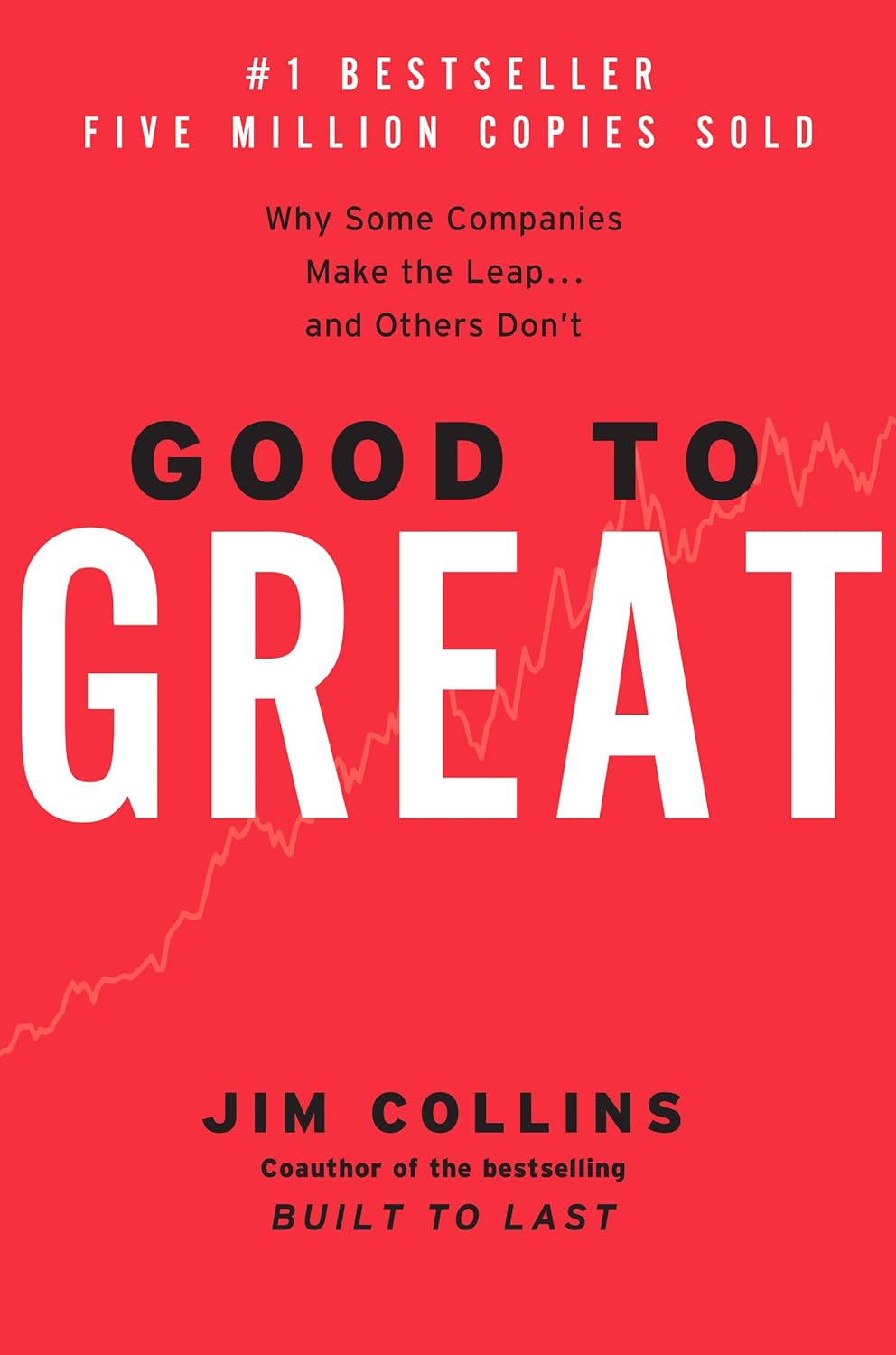
Mark Tilbury features “Good to Great” by Jim Collins as a transformative exploration of what separates good companies from truly great ones.
Collins and his research team identify key principles and characteristics that distinguish companies that achieve sustained greatness.
The book delves into the concept of the Hedgehog Concept, emphasizing the importance of focusing on what a company can be the best at, is deeply passionate about, and drives economic success.
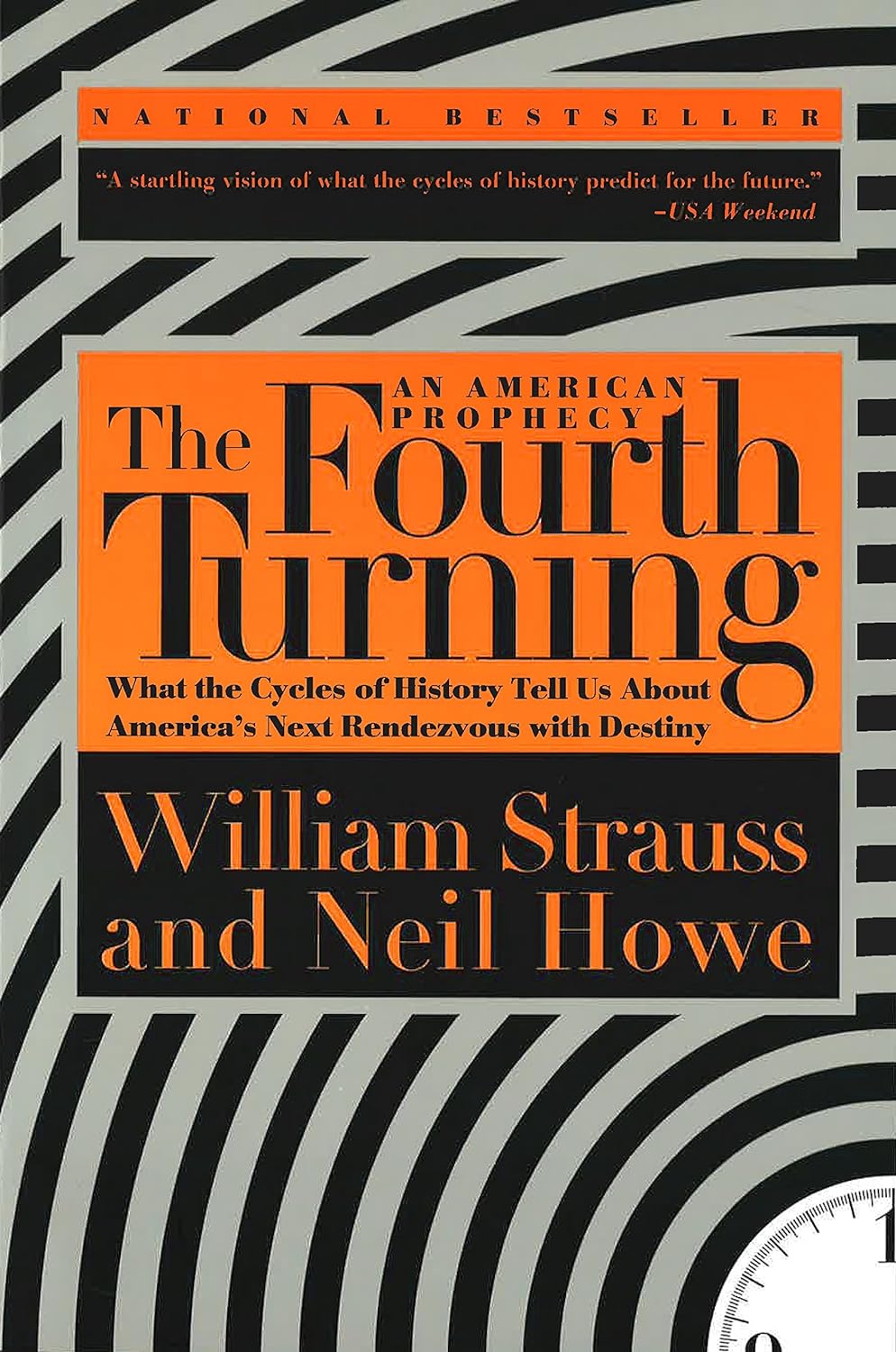
Mark Tilbury introduces “The Fourth Turning” by William Strauss and Neil Howe as a thought-provoking exploration of generational cycles and societal shifts.
Strauss and Howe propose a cyclical model of history, dividing it into four turnings: High, Awakening, Unraveling, and Crisis.
The book examines the recurring patterns and the impact of generational dynamics on historical events, providing insights into potential societal changes and challenges.
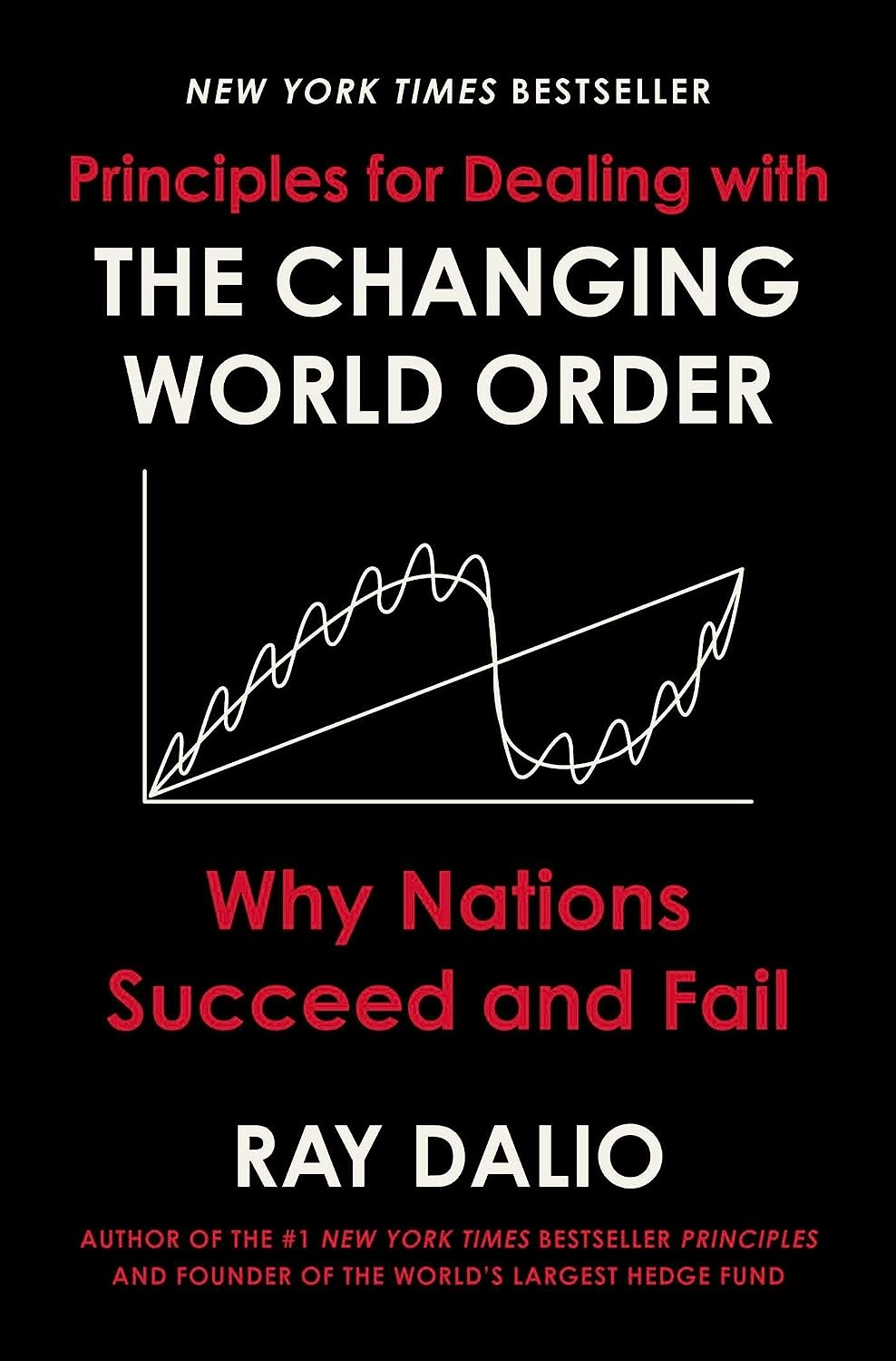
Mark Tilbury concludes his list with “The Changing World Order” by Ray Dalio, highlighting the book as an insightful exploration of global economic and political shifts.
Ray Dalio, a renowned investor and hedge fund manager, offers perspectives on historical patterns, rising and declining empires, and the forces shaping the contemporary world order.
The book provides valuable insights for understanding geopolitical dynamics and their potential impact on investments and business ventures.
In the pursuit of wealth, these 40 books serve as beacons illuminating the path from mindset transformation to strategic entrepreneurship.
From “Secrets of The Millionaire Mind” to “The Changing World Order,” each book adds a vital dimension to the wealth-building narrative.
As you absorb these insights, let them catalyze actionable steps on your journey to financial abundance.
Wishing you prosperity and success on your path to wealth!